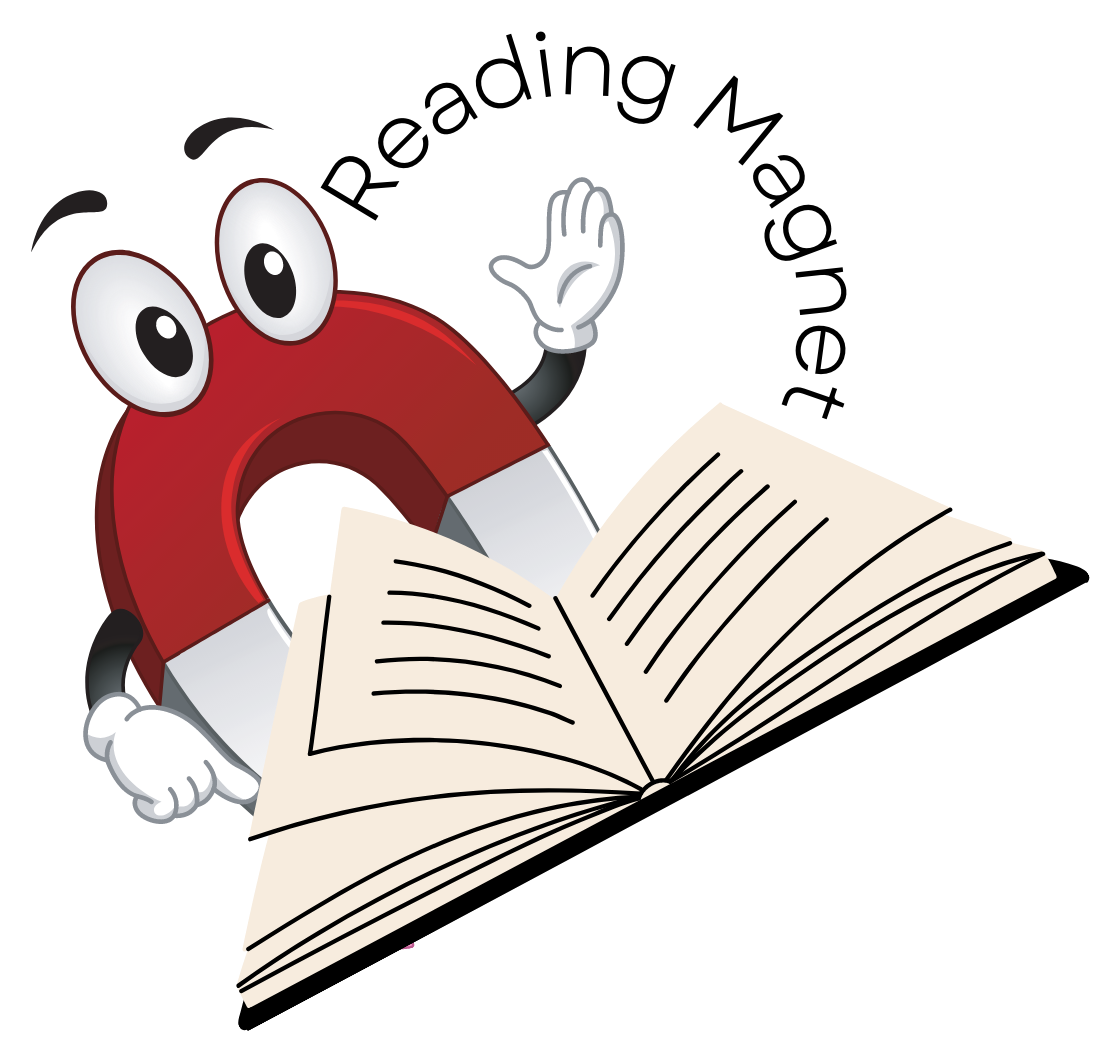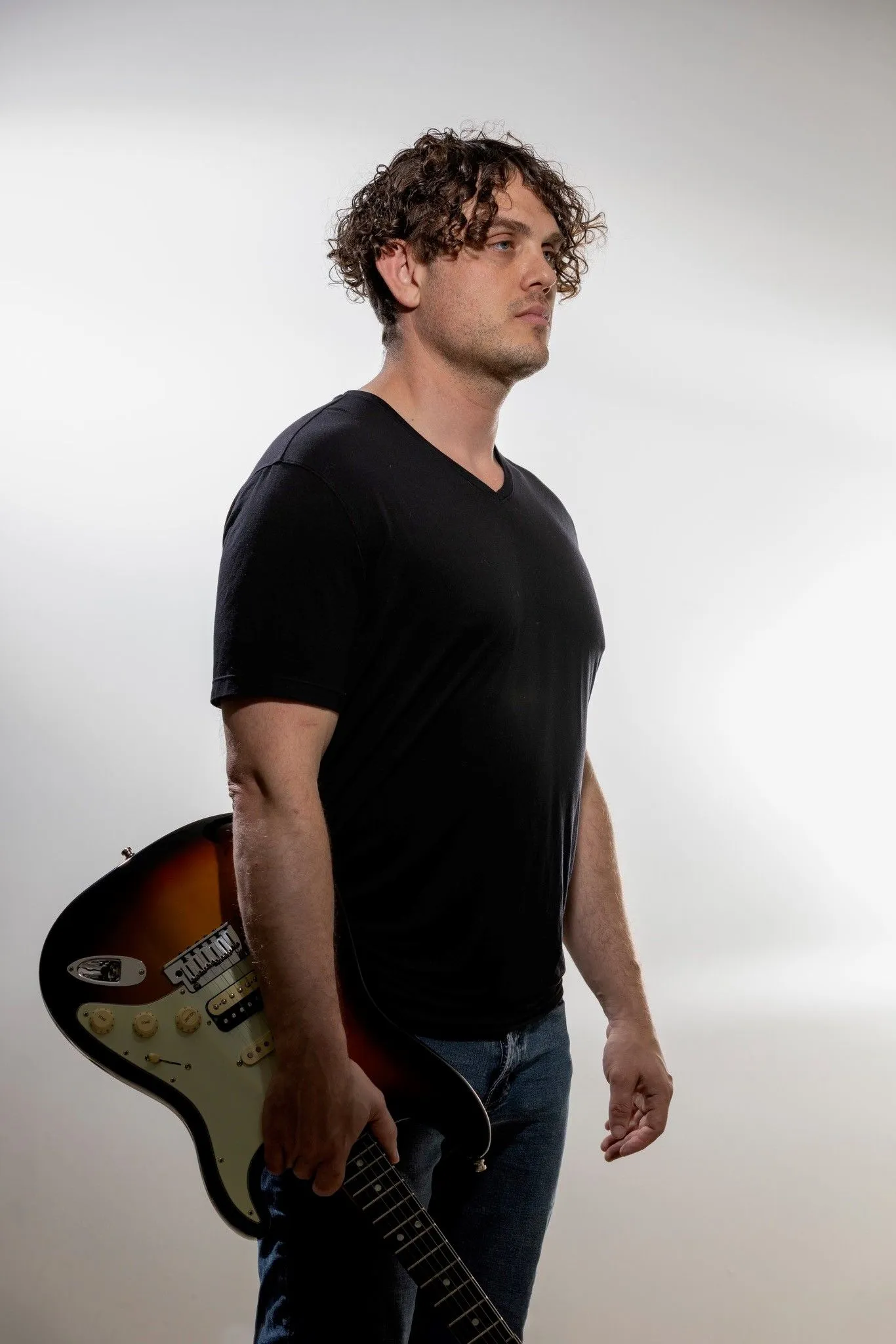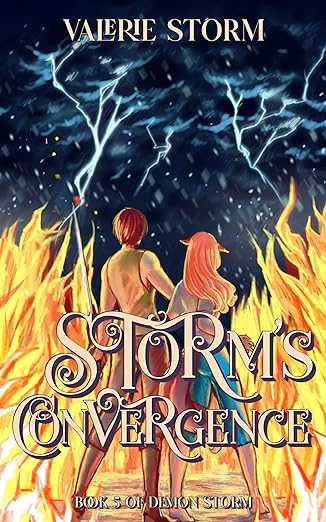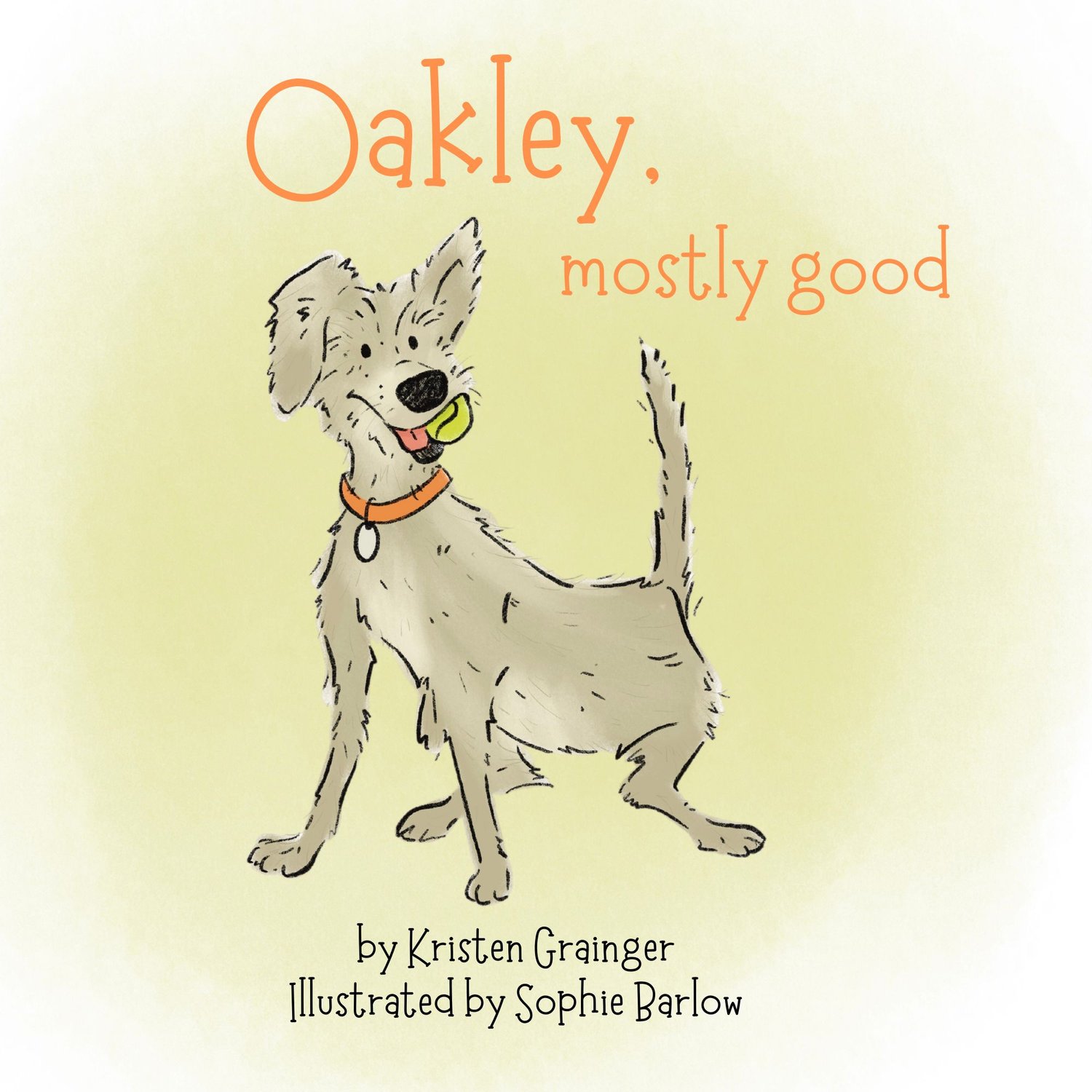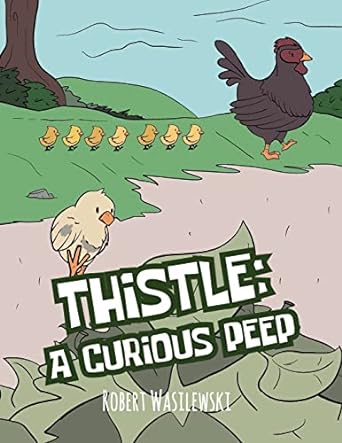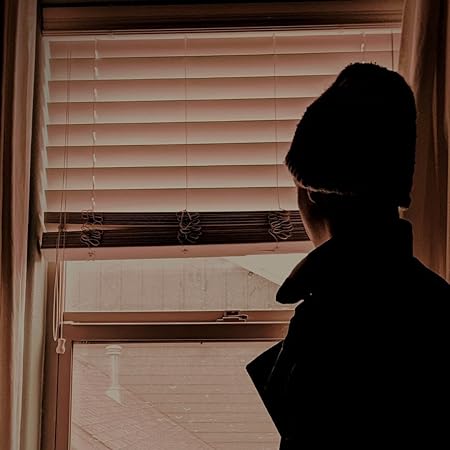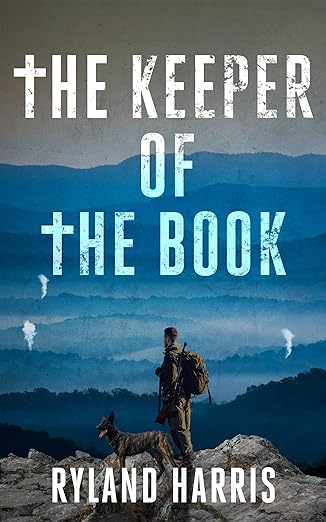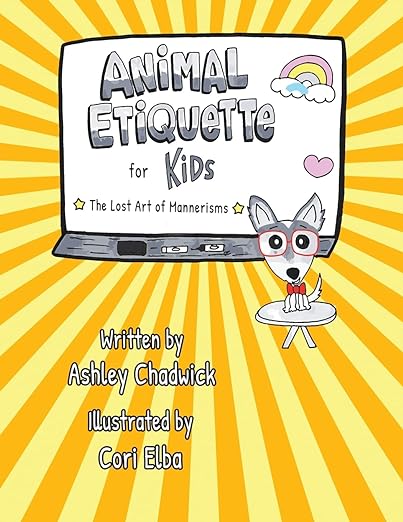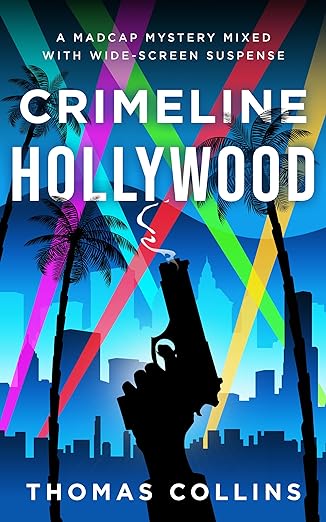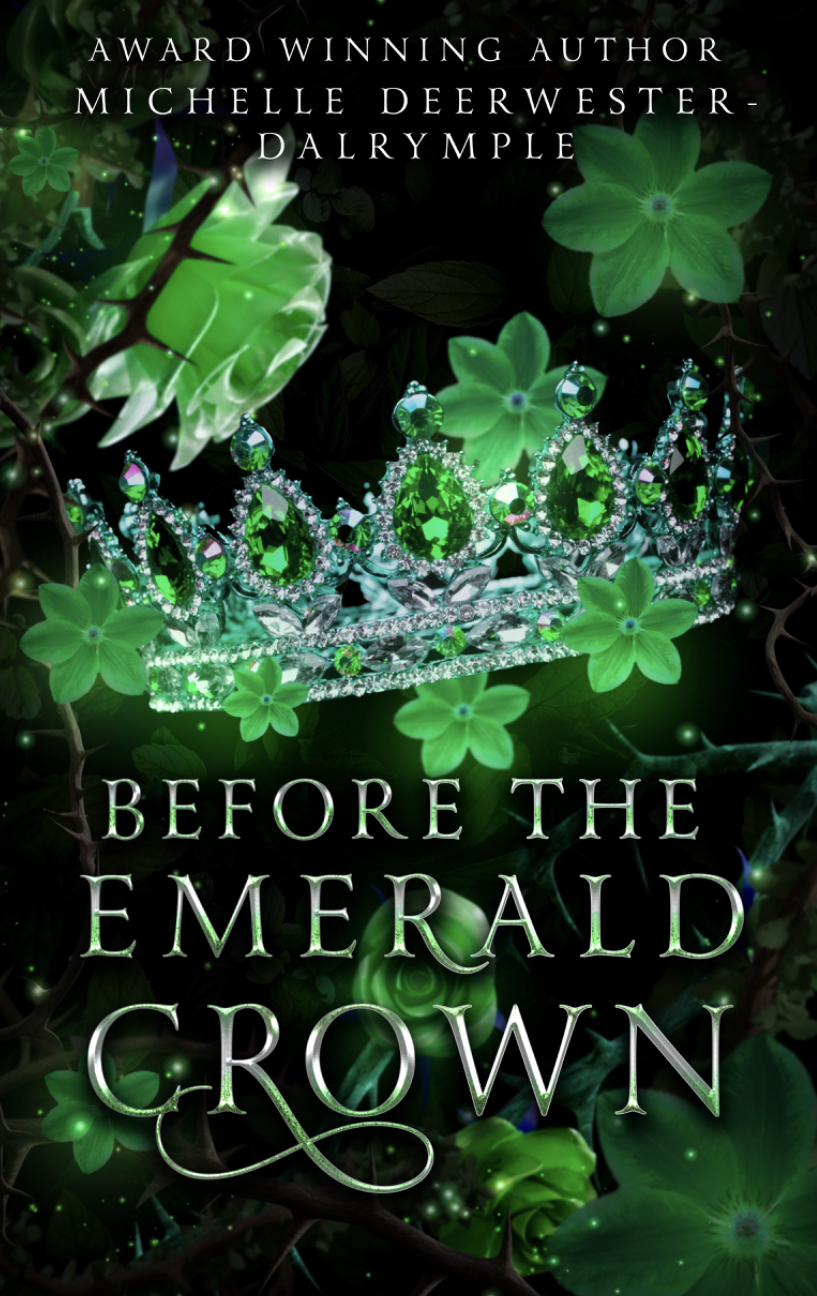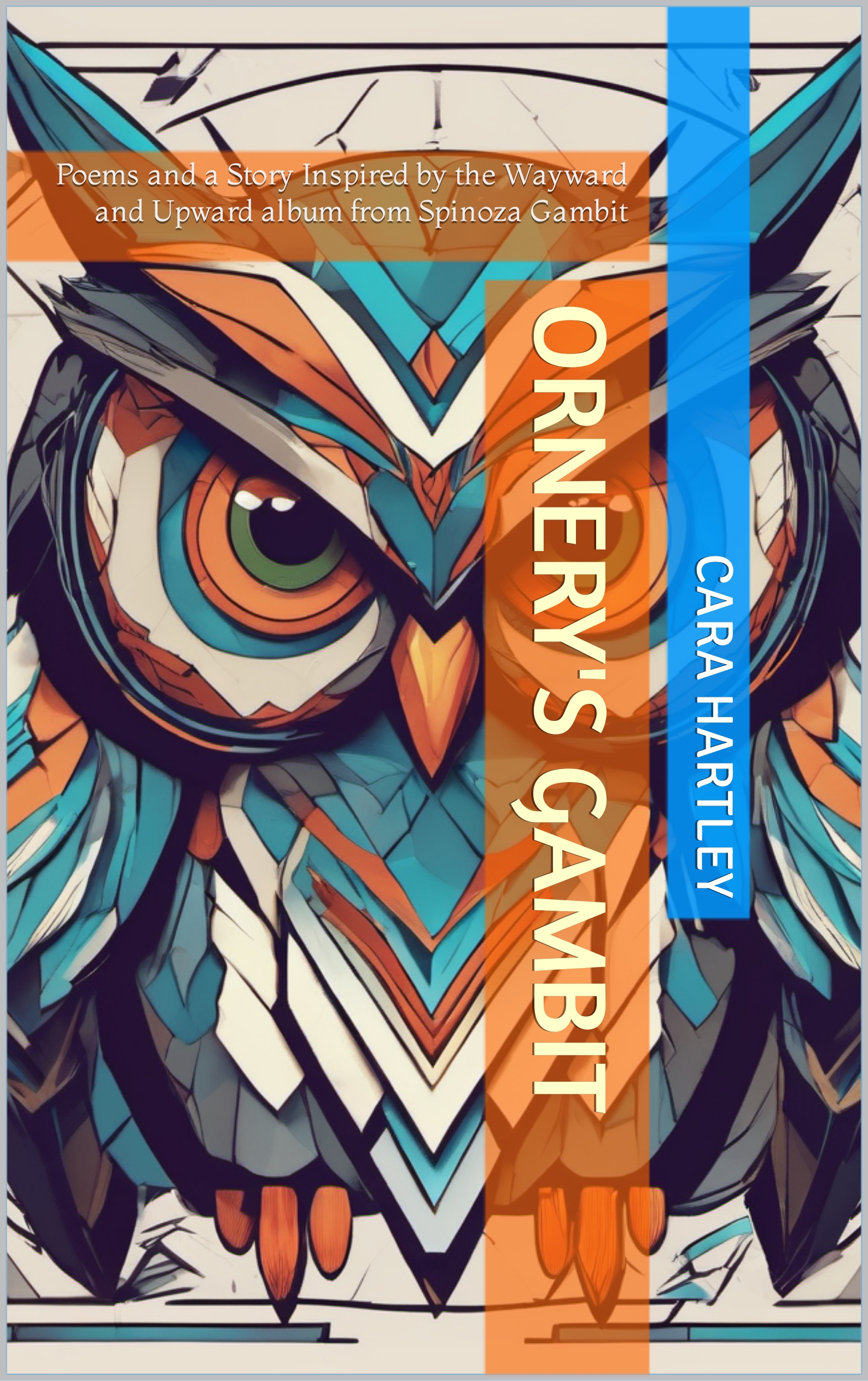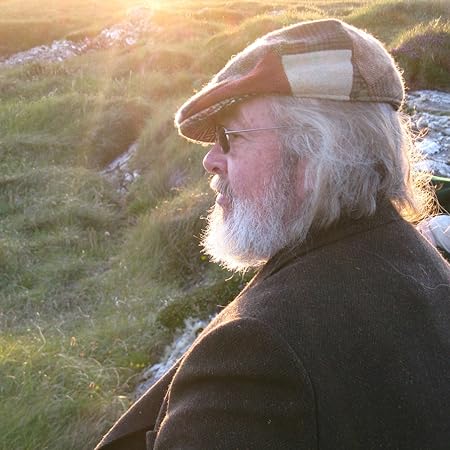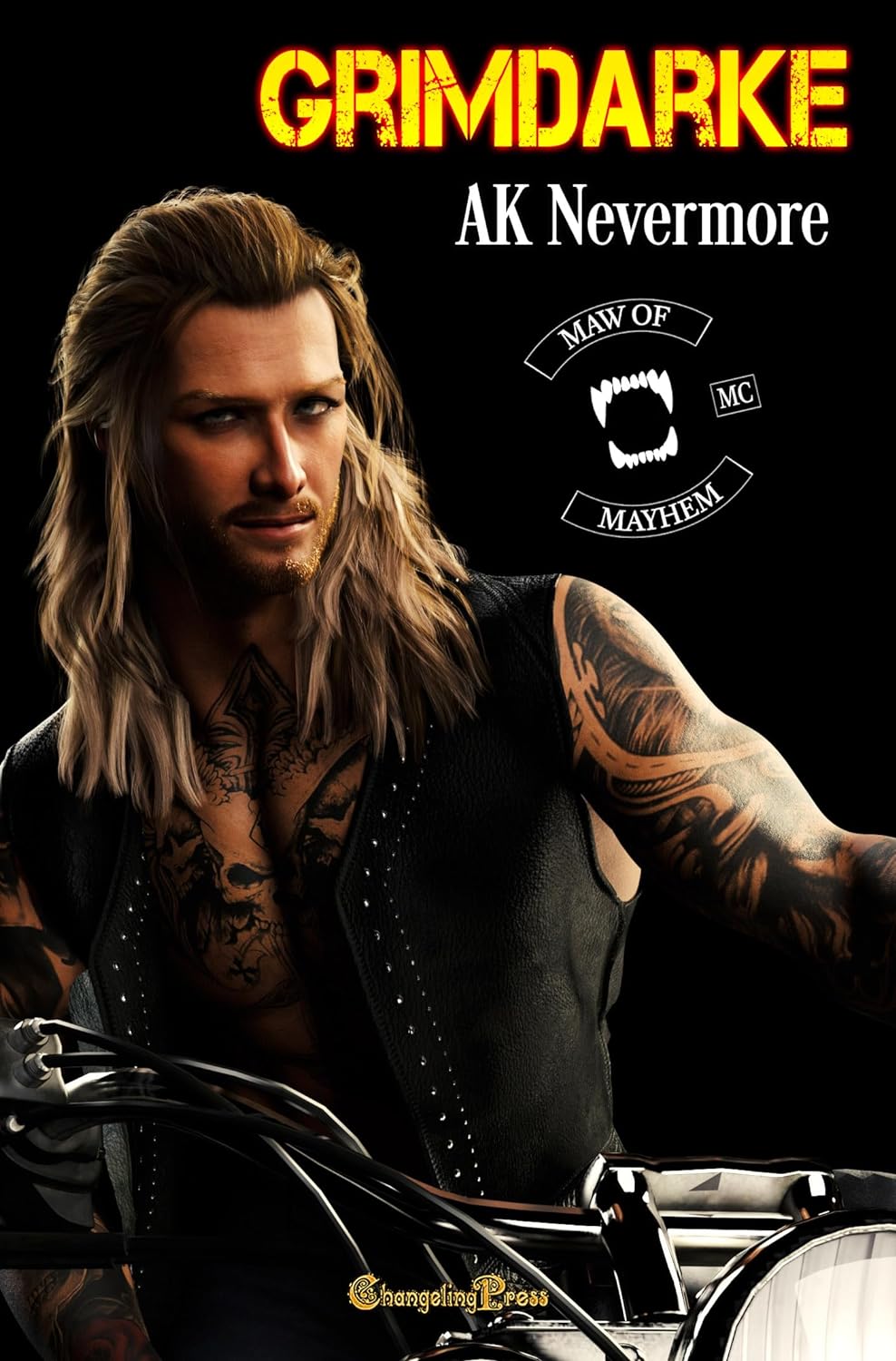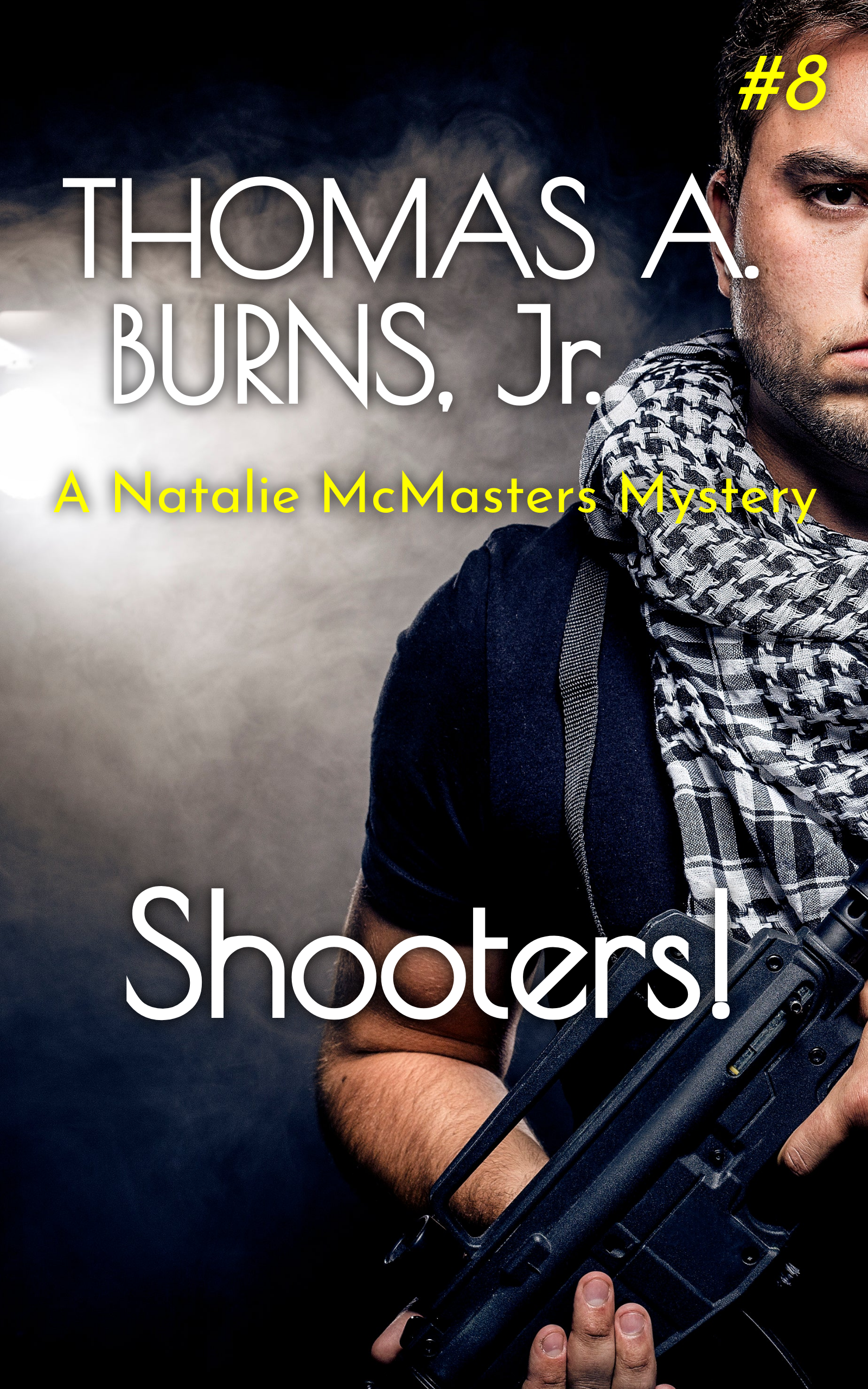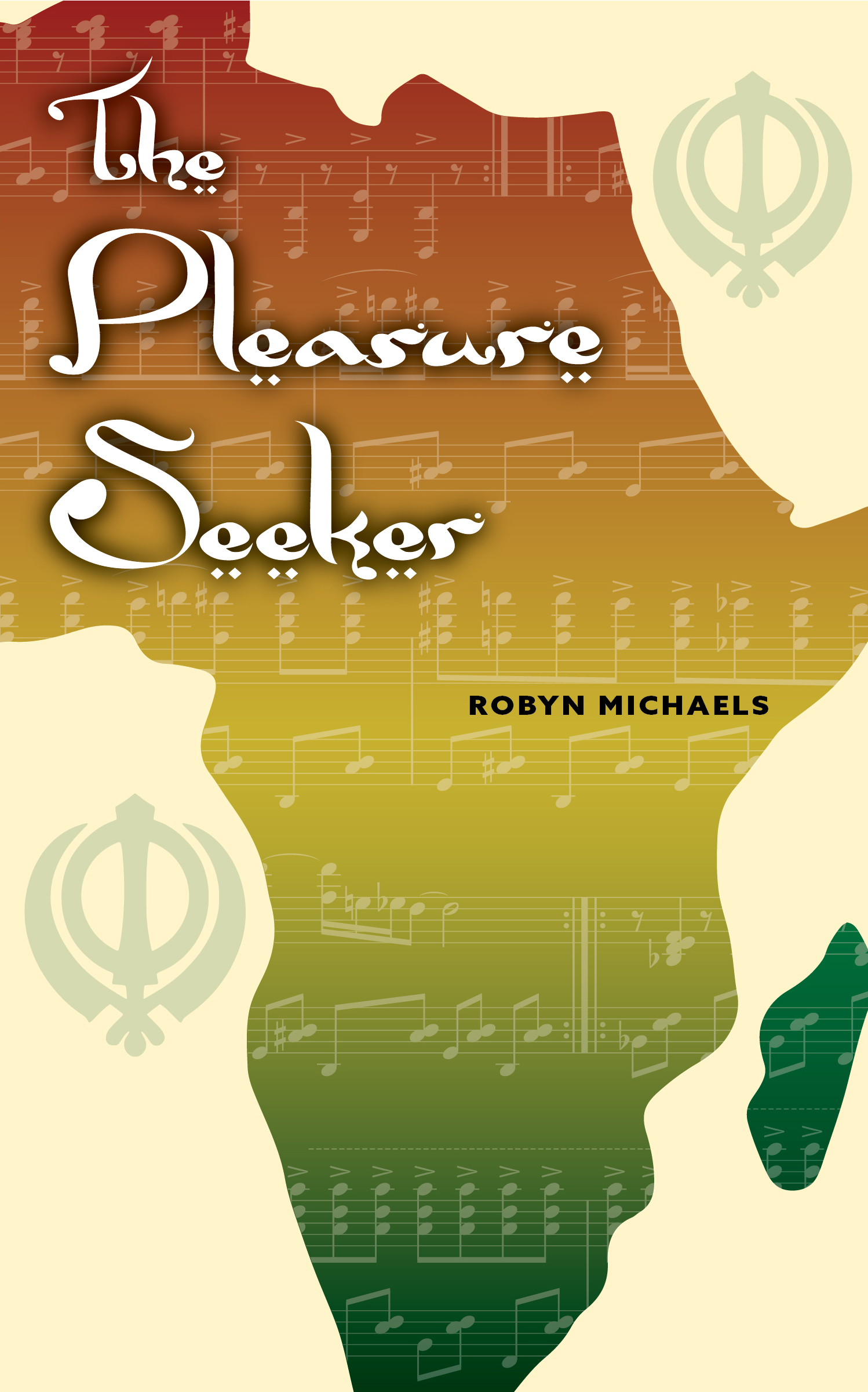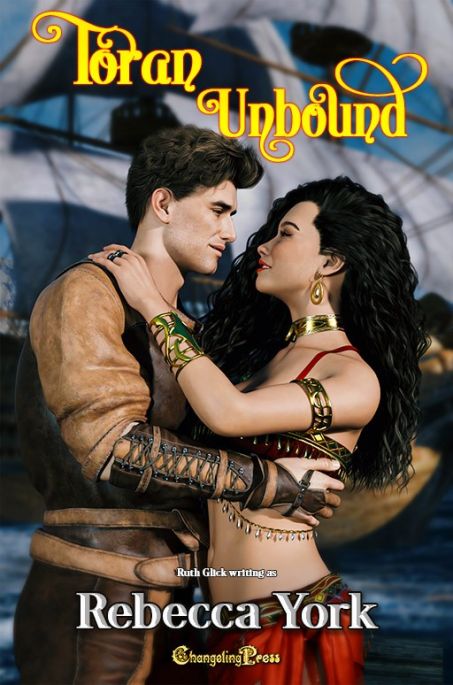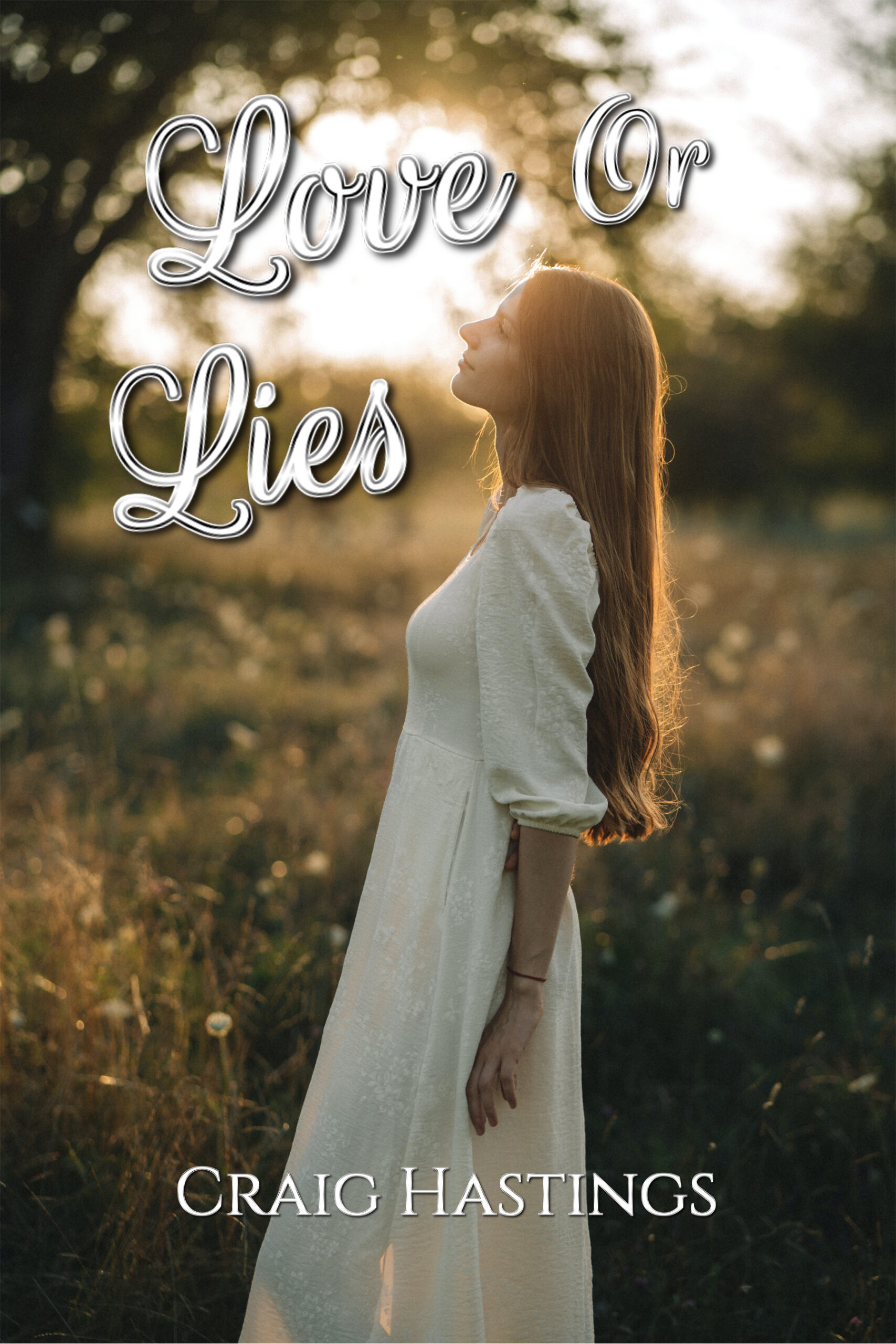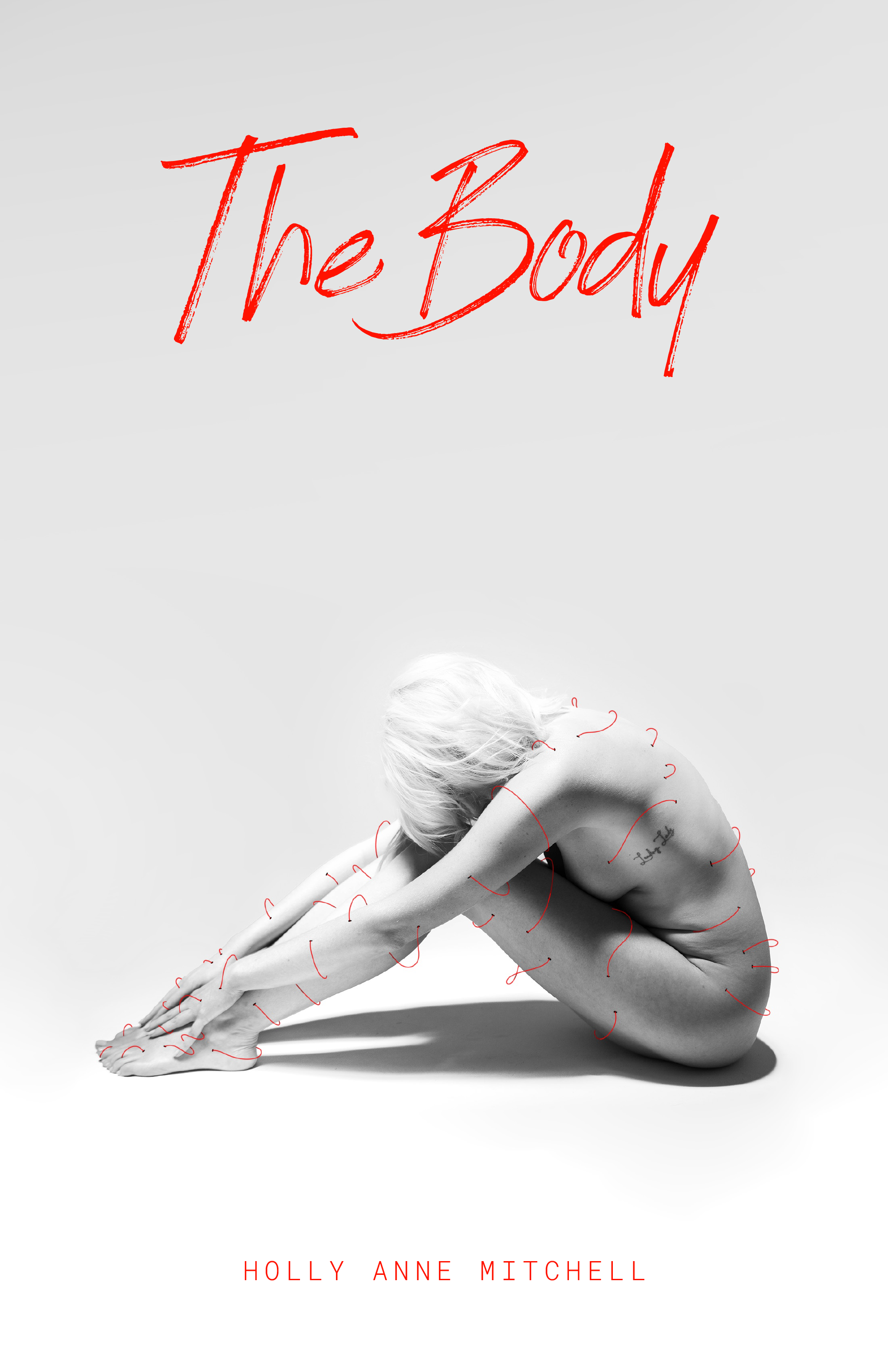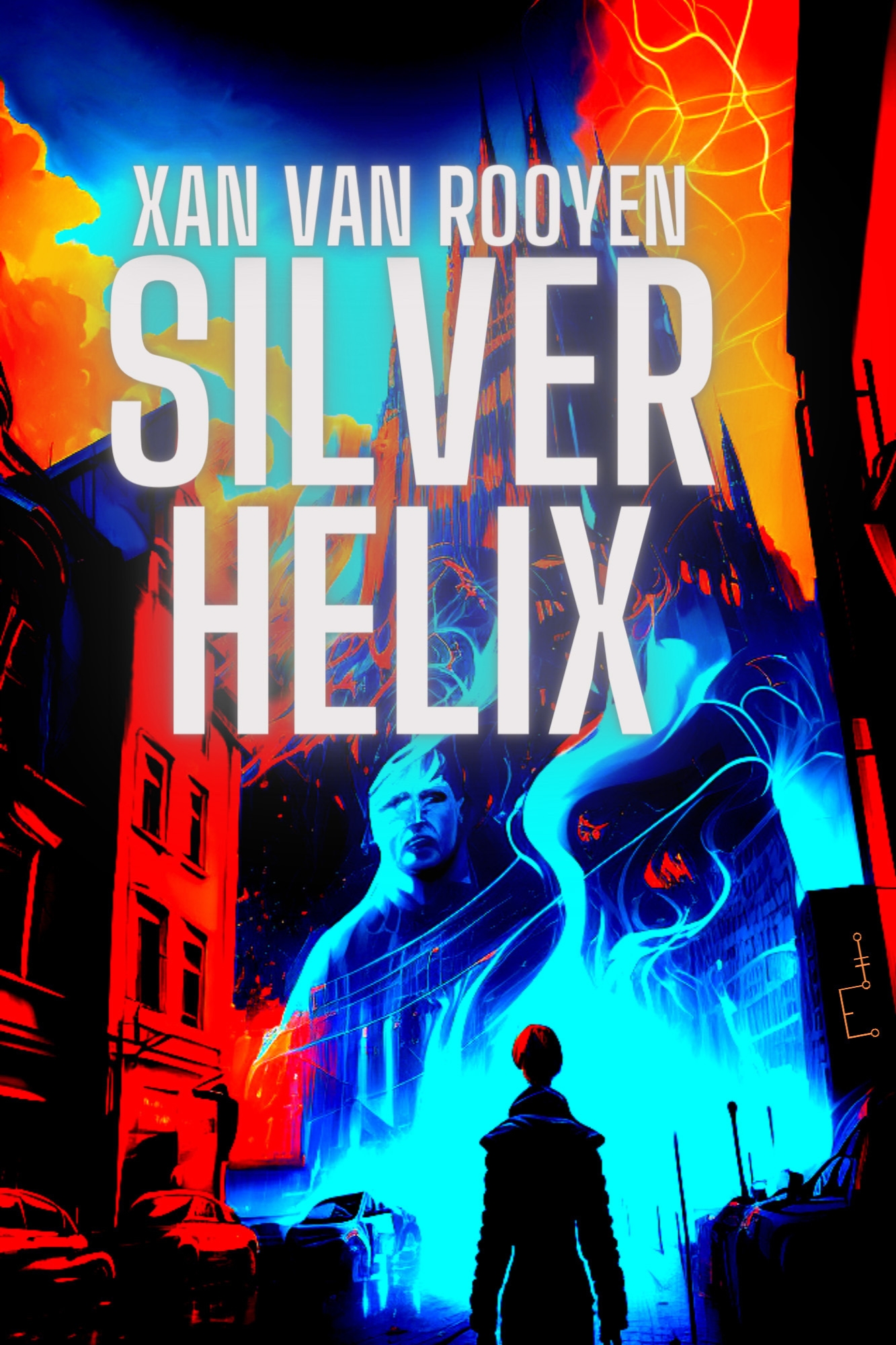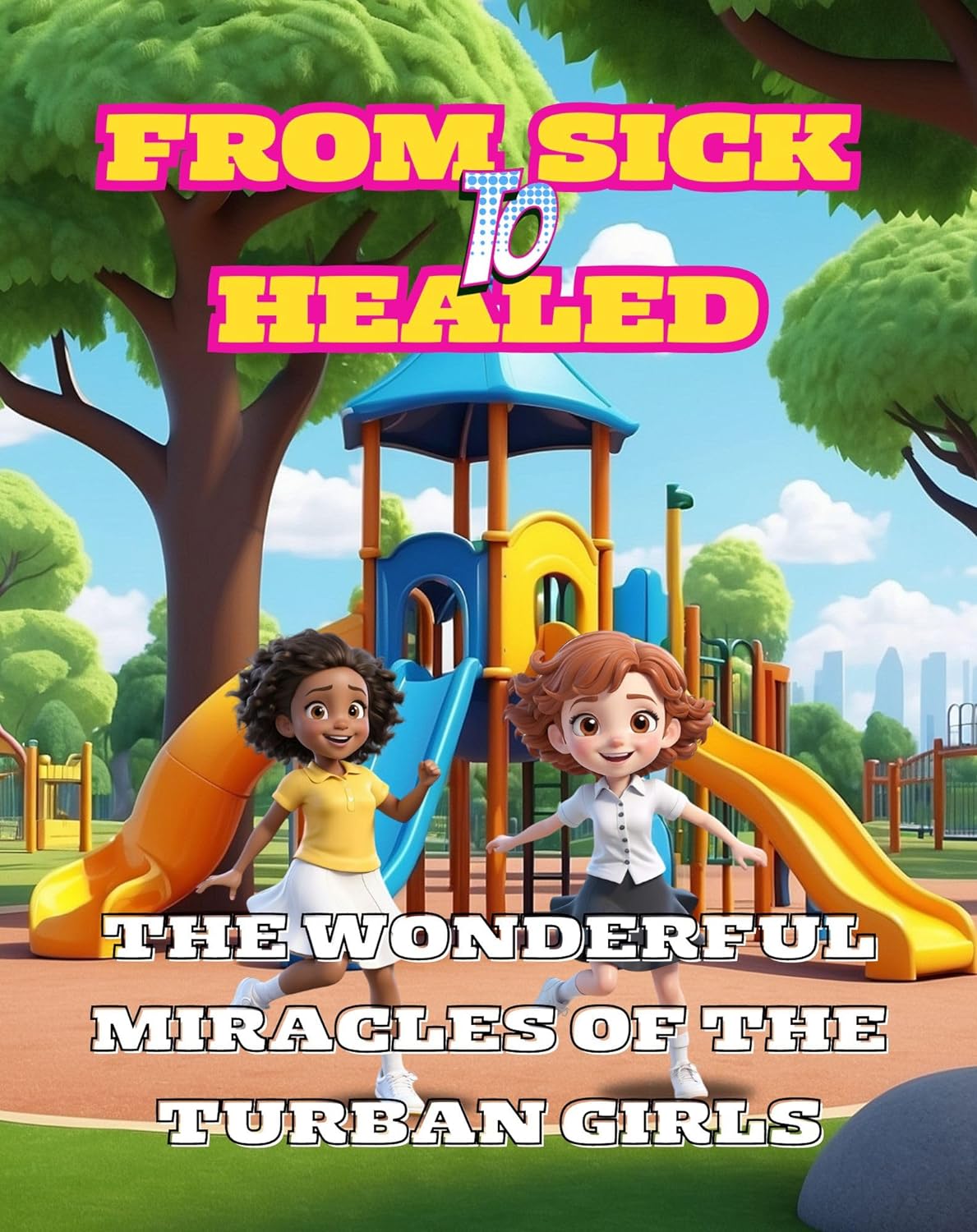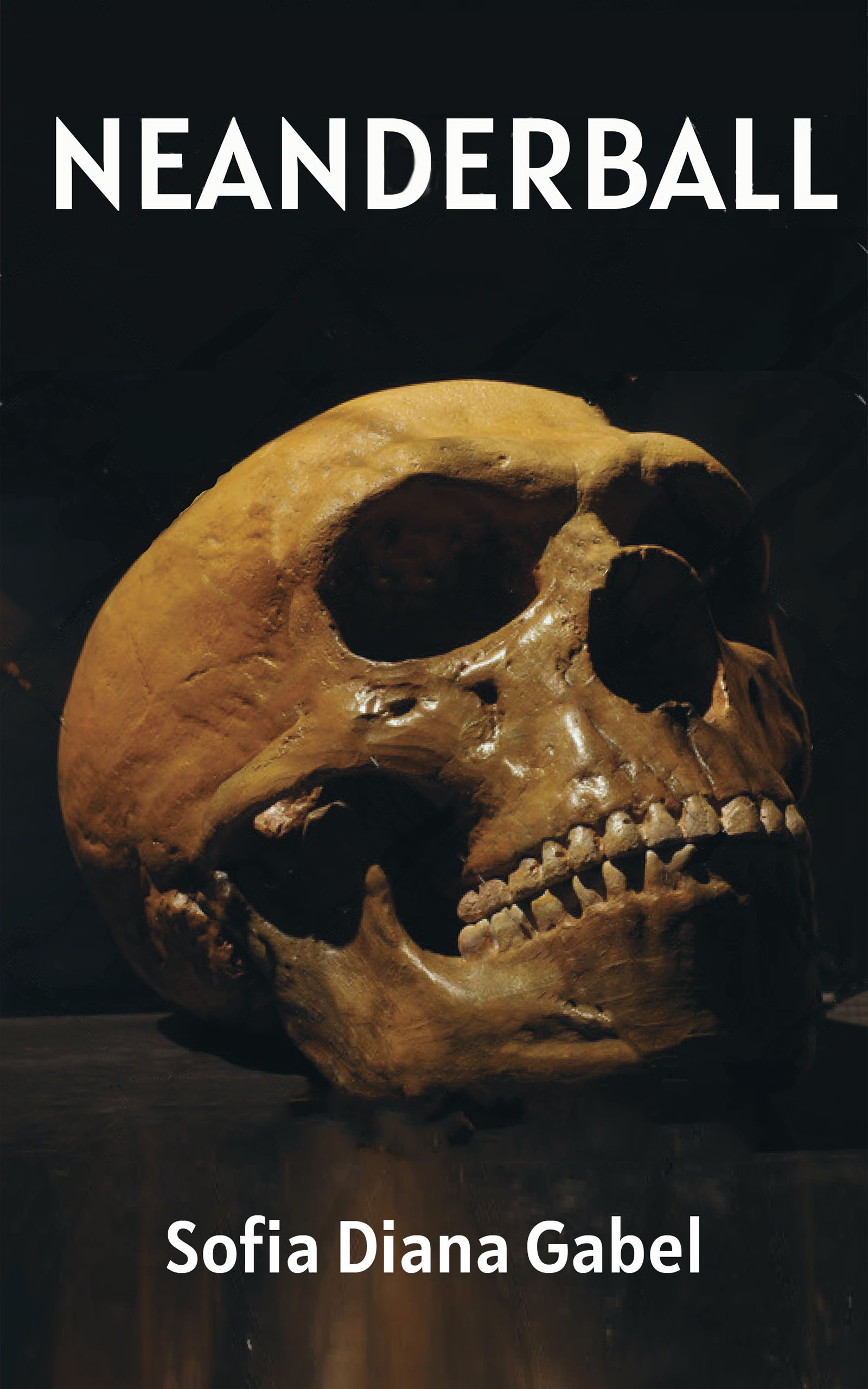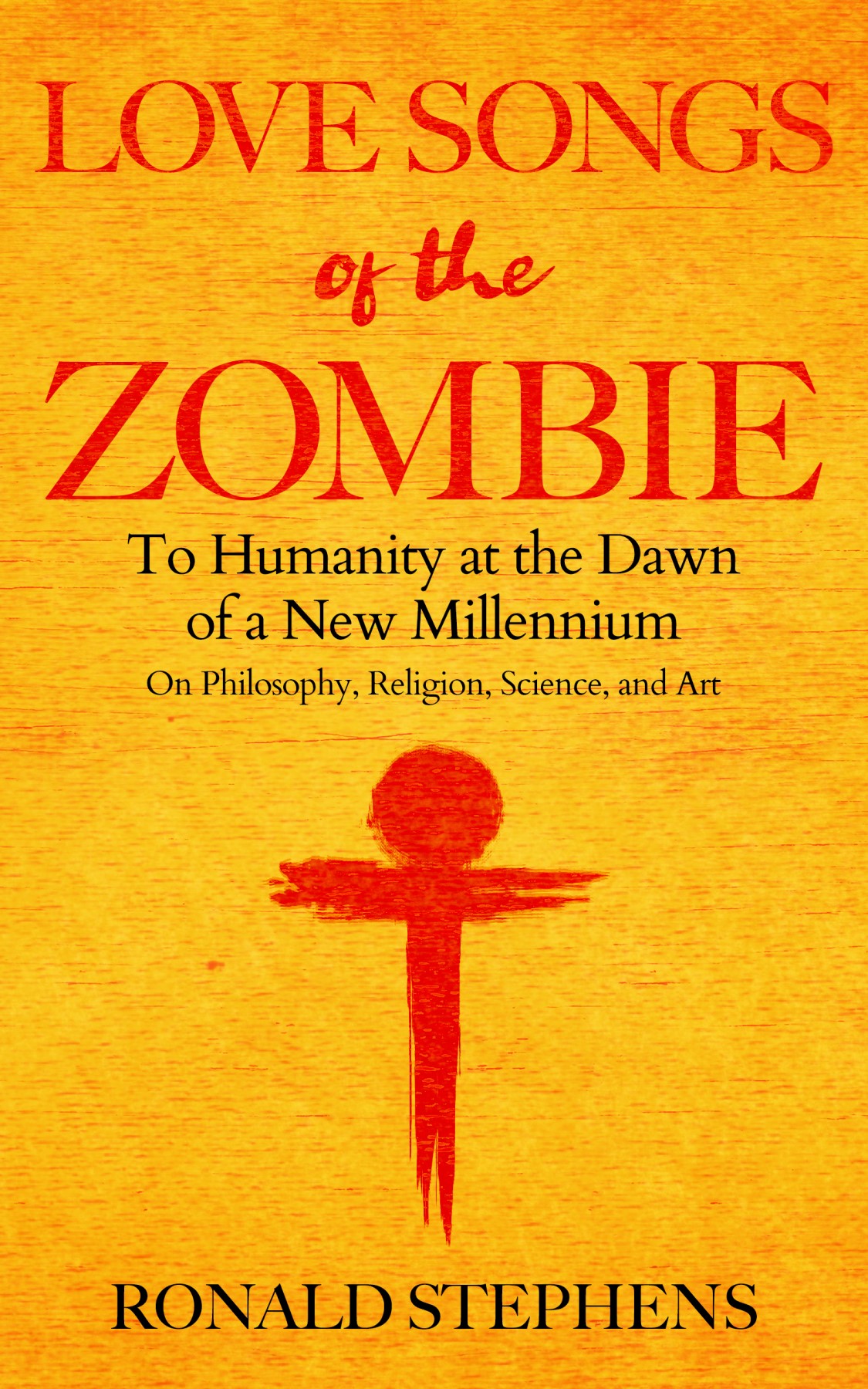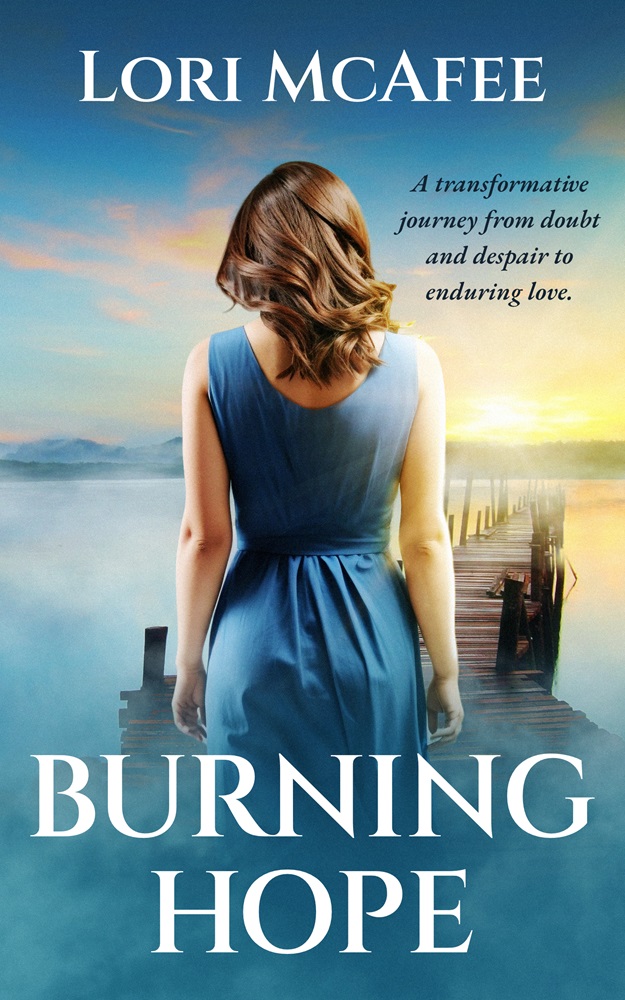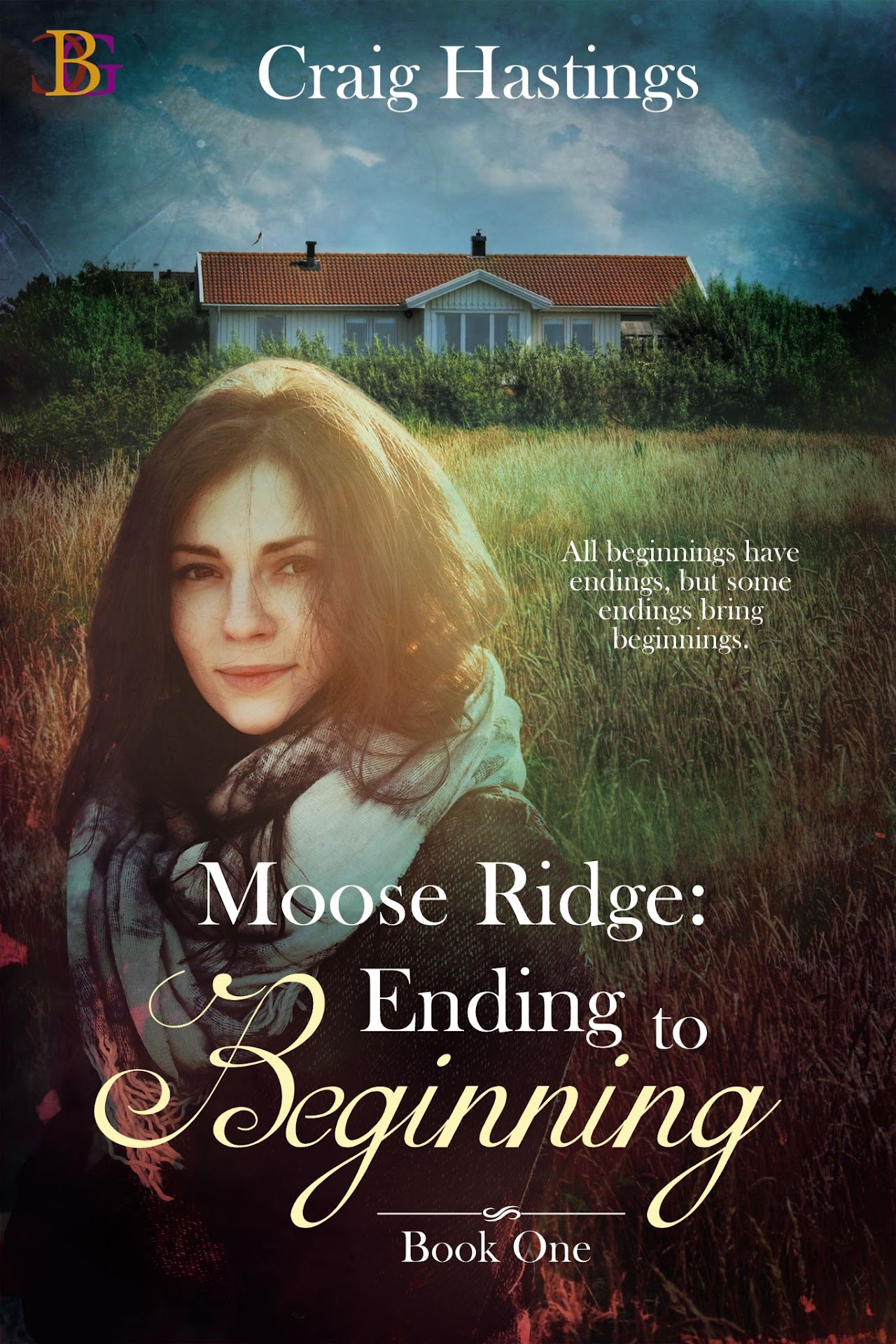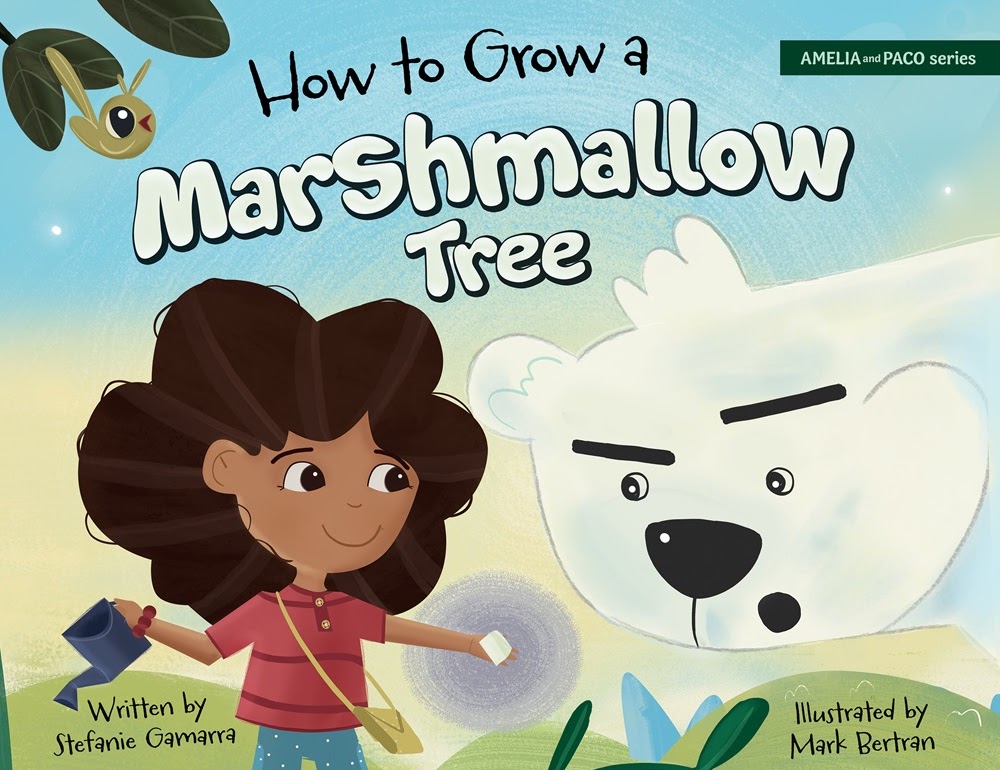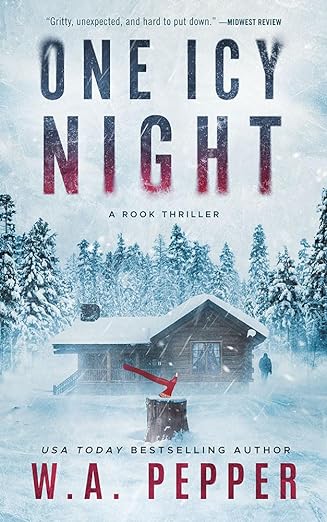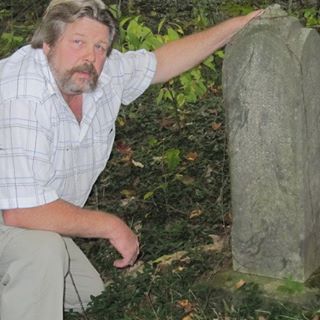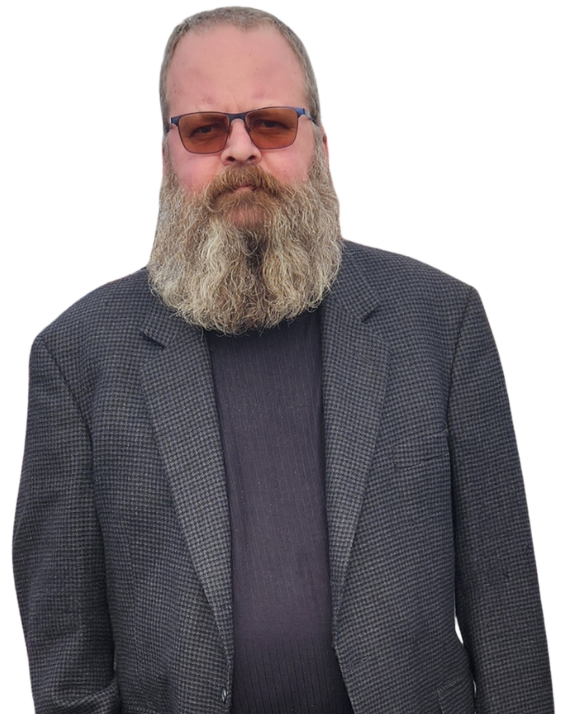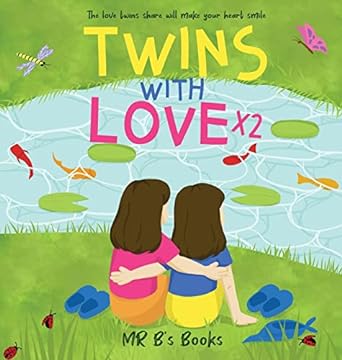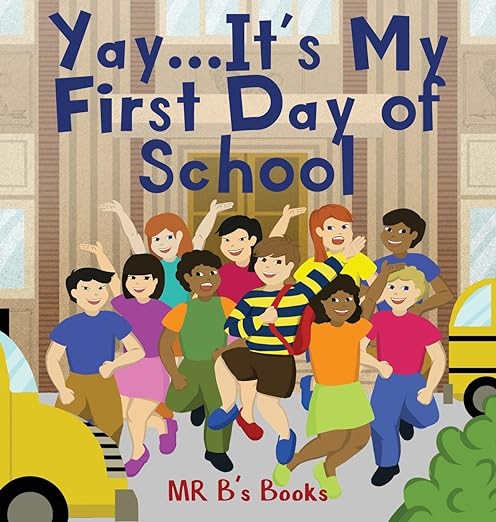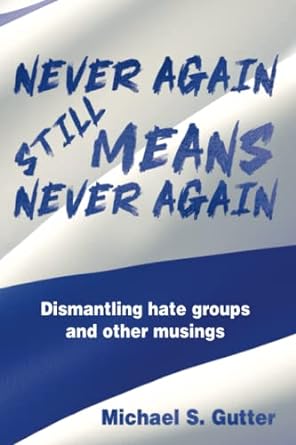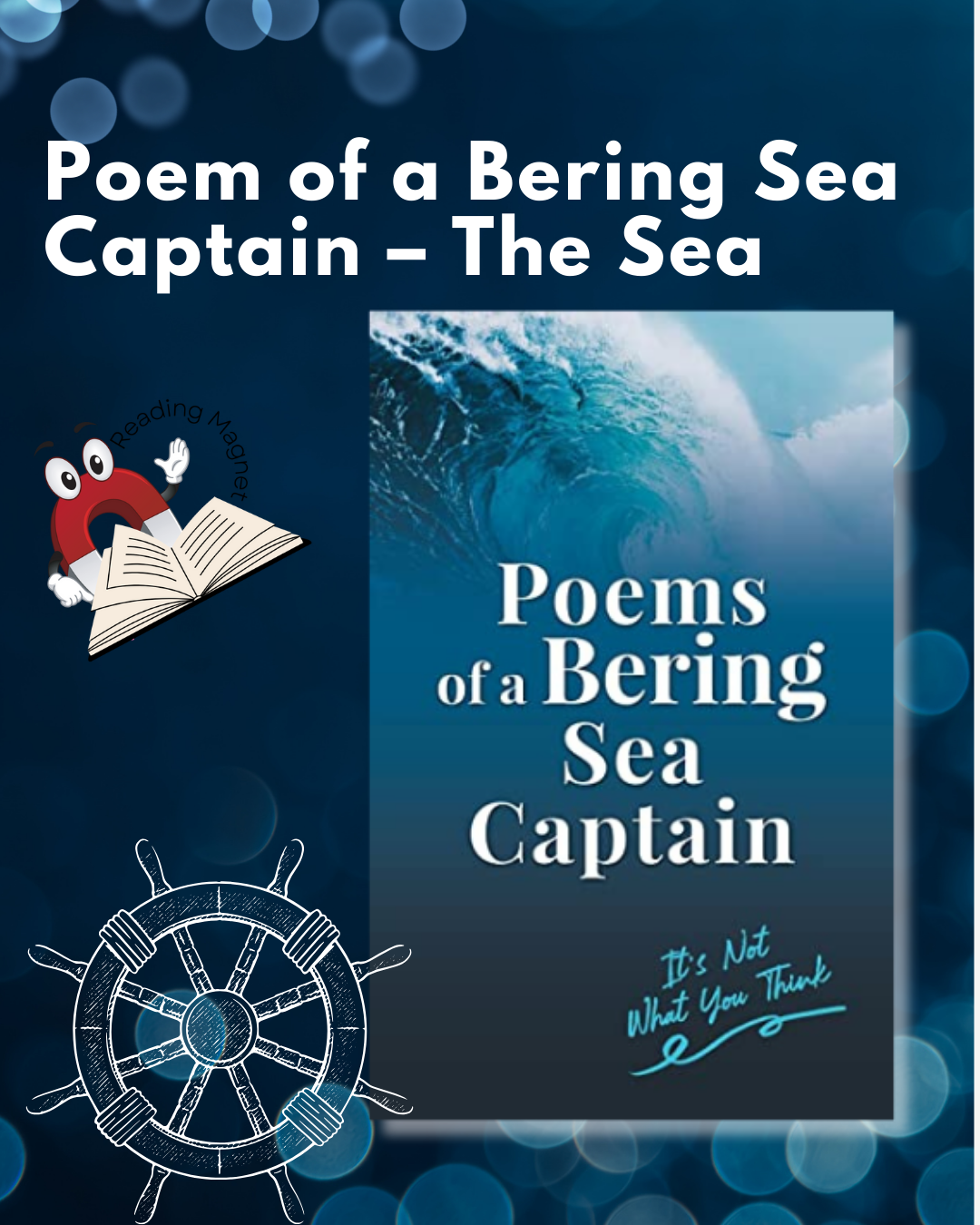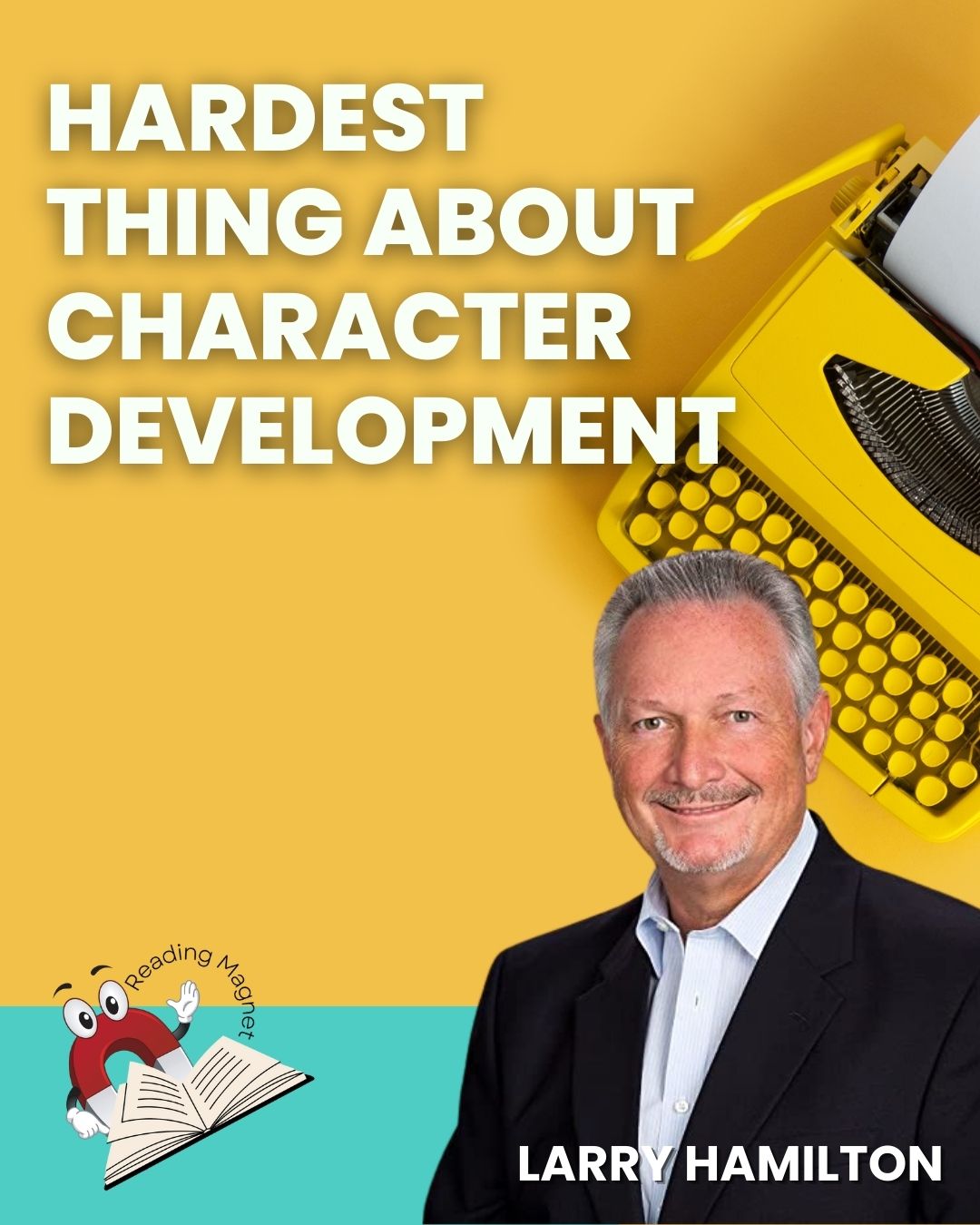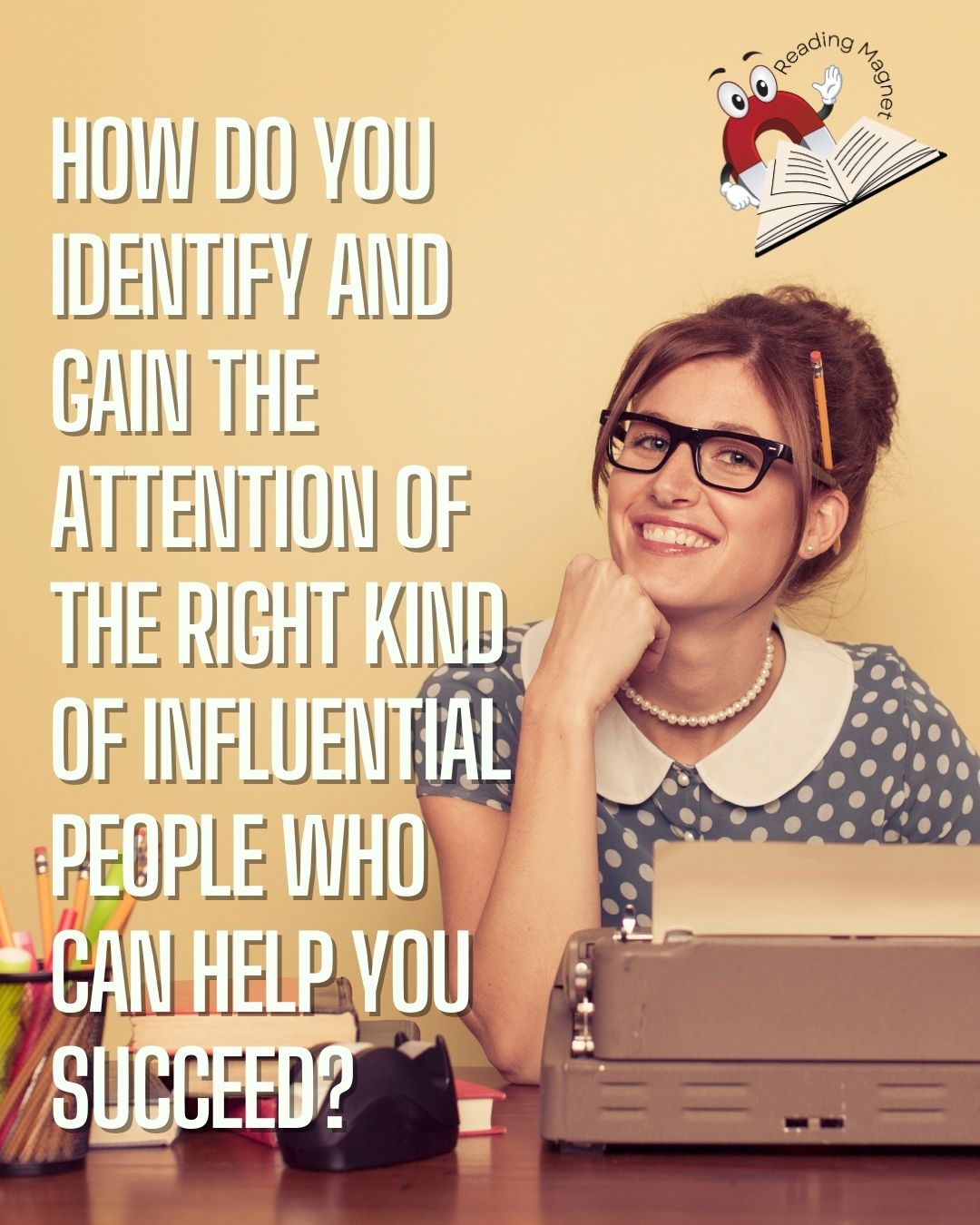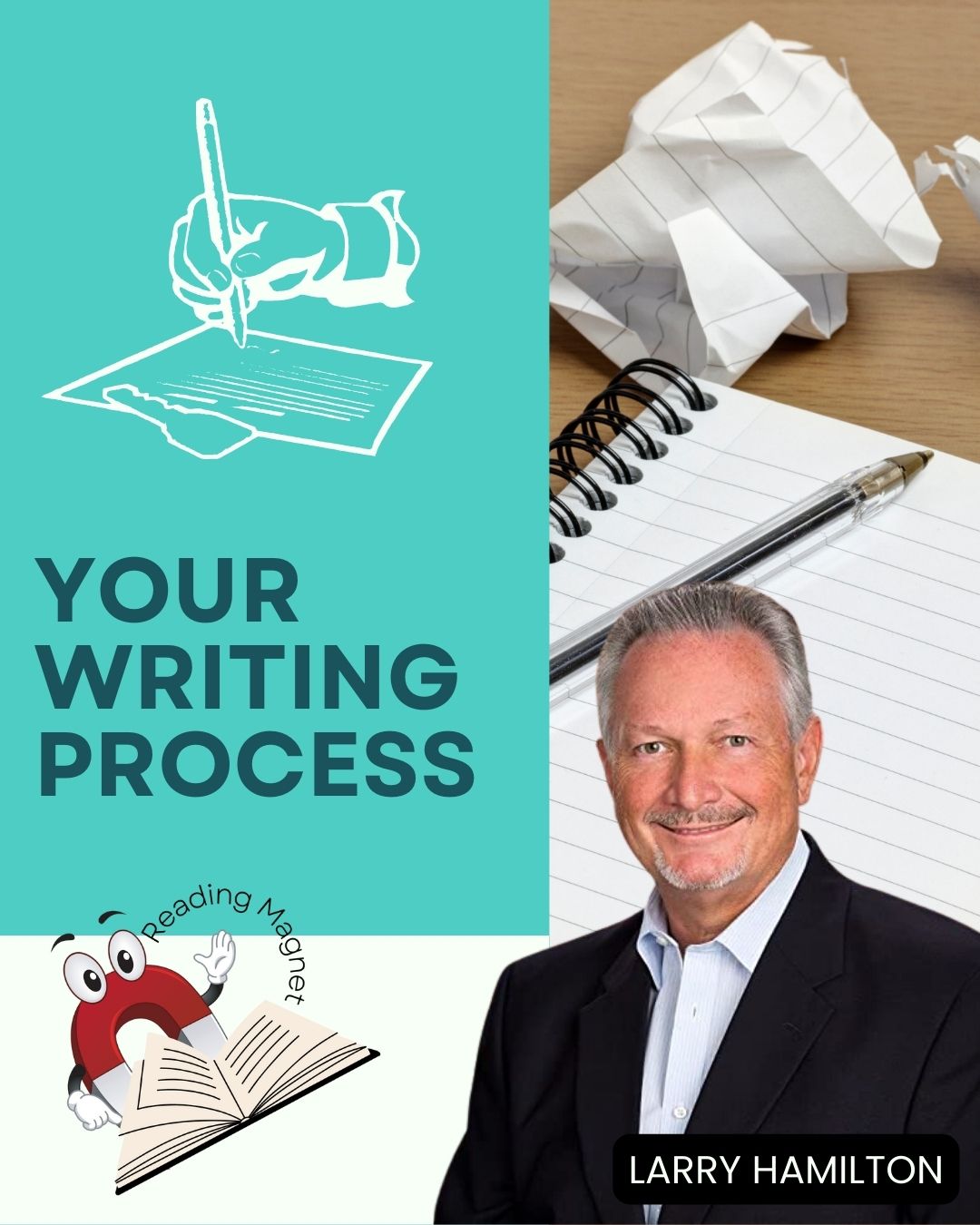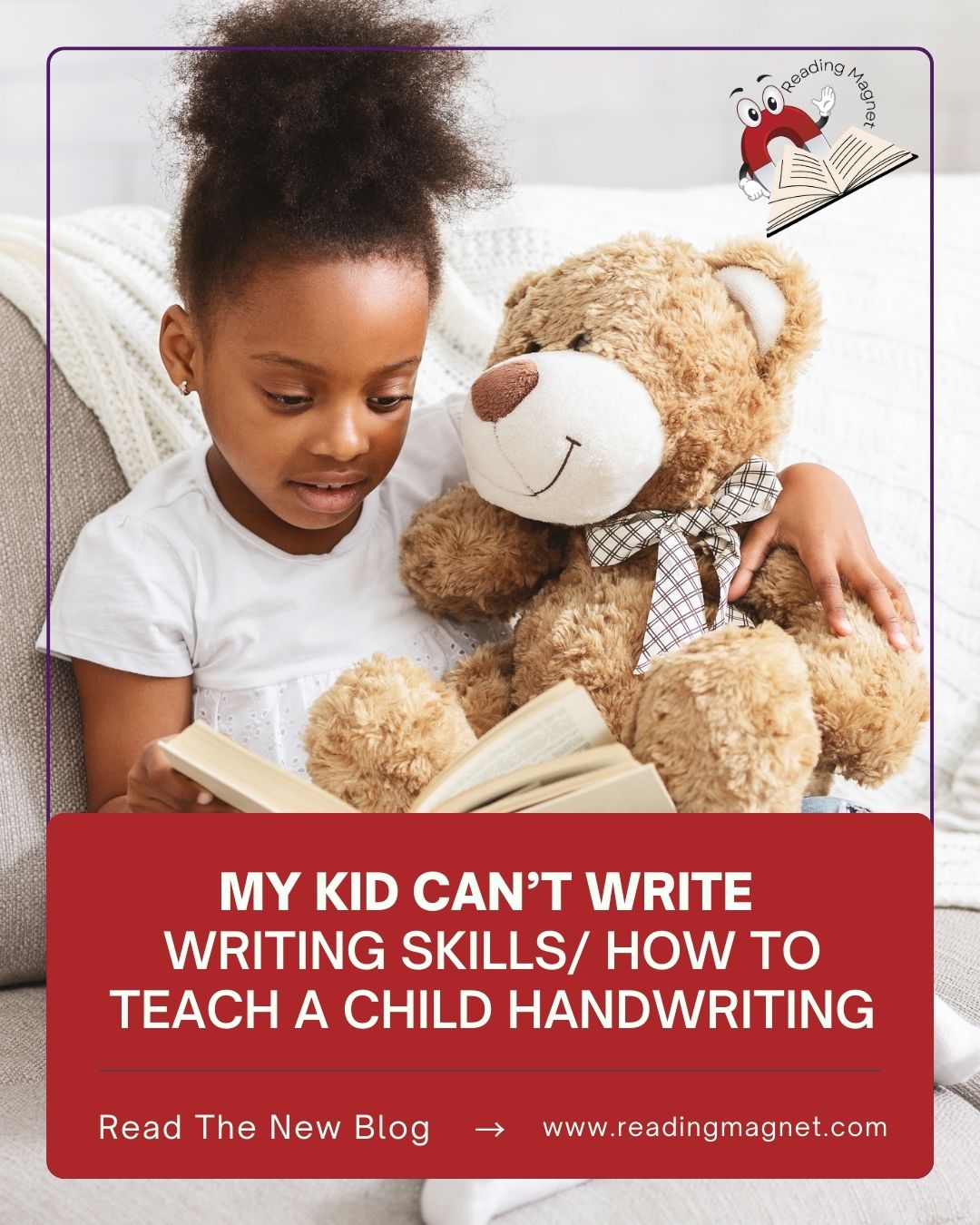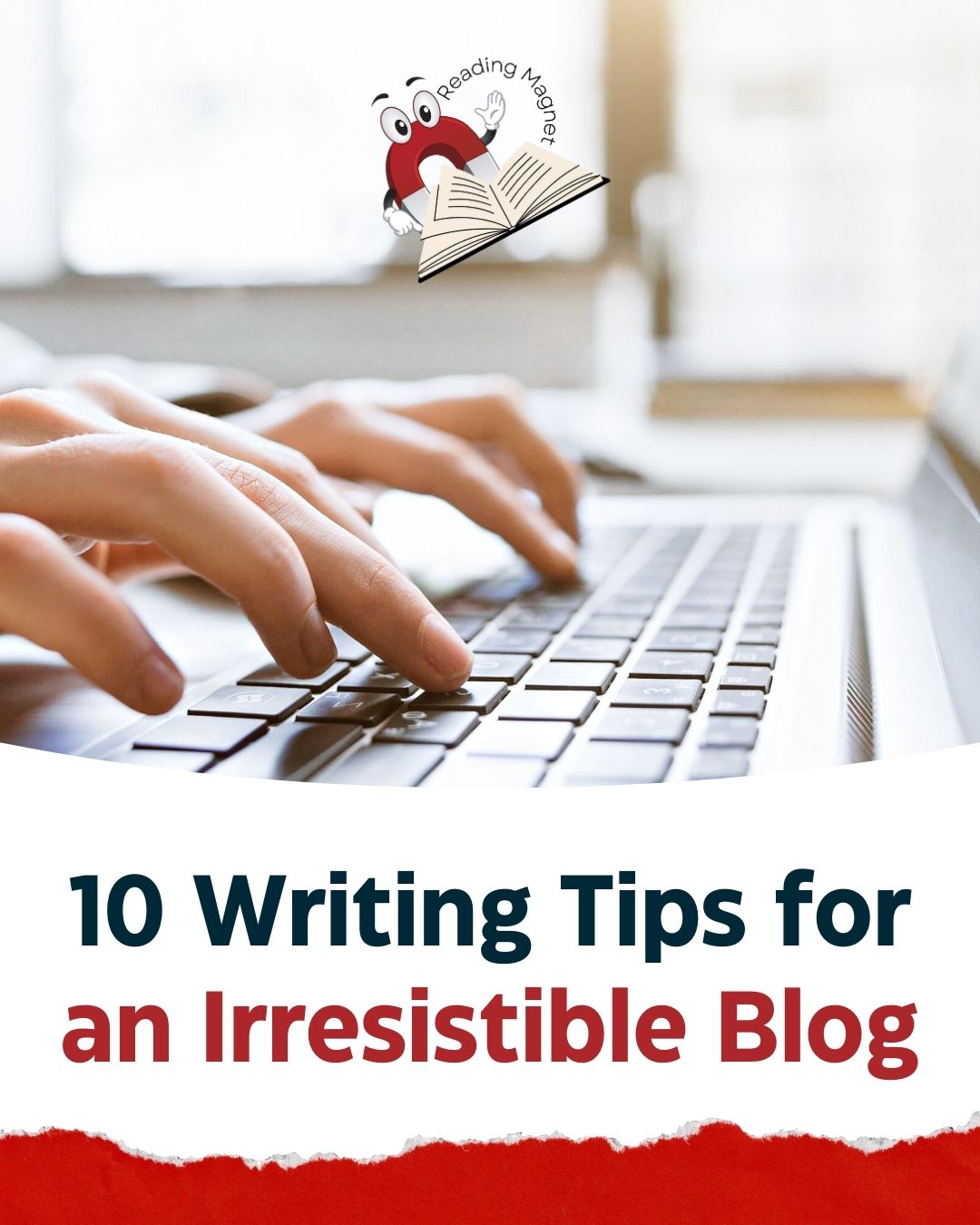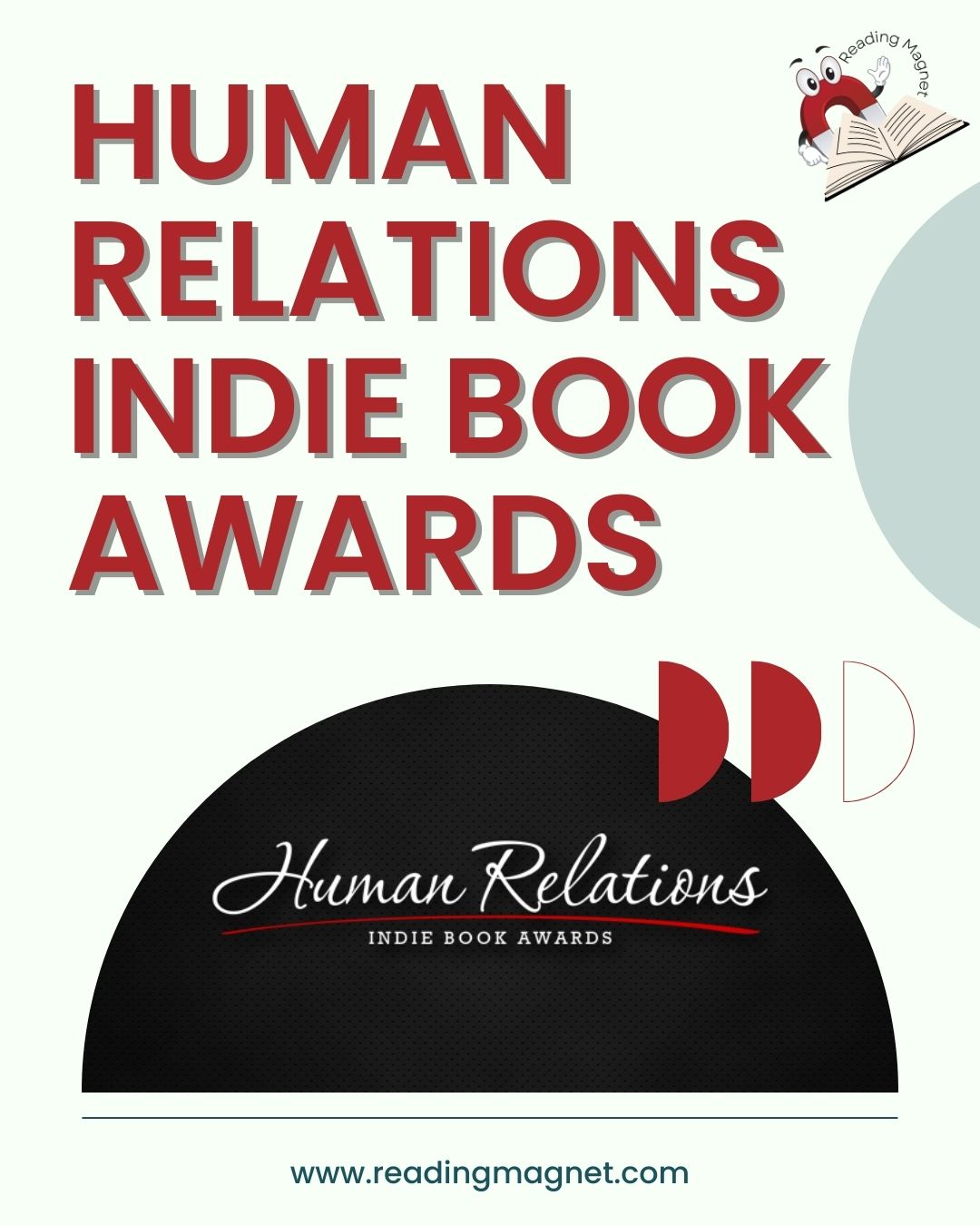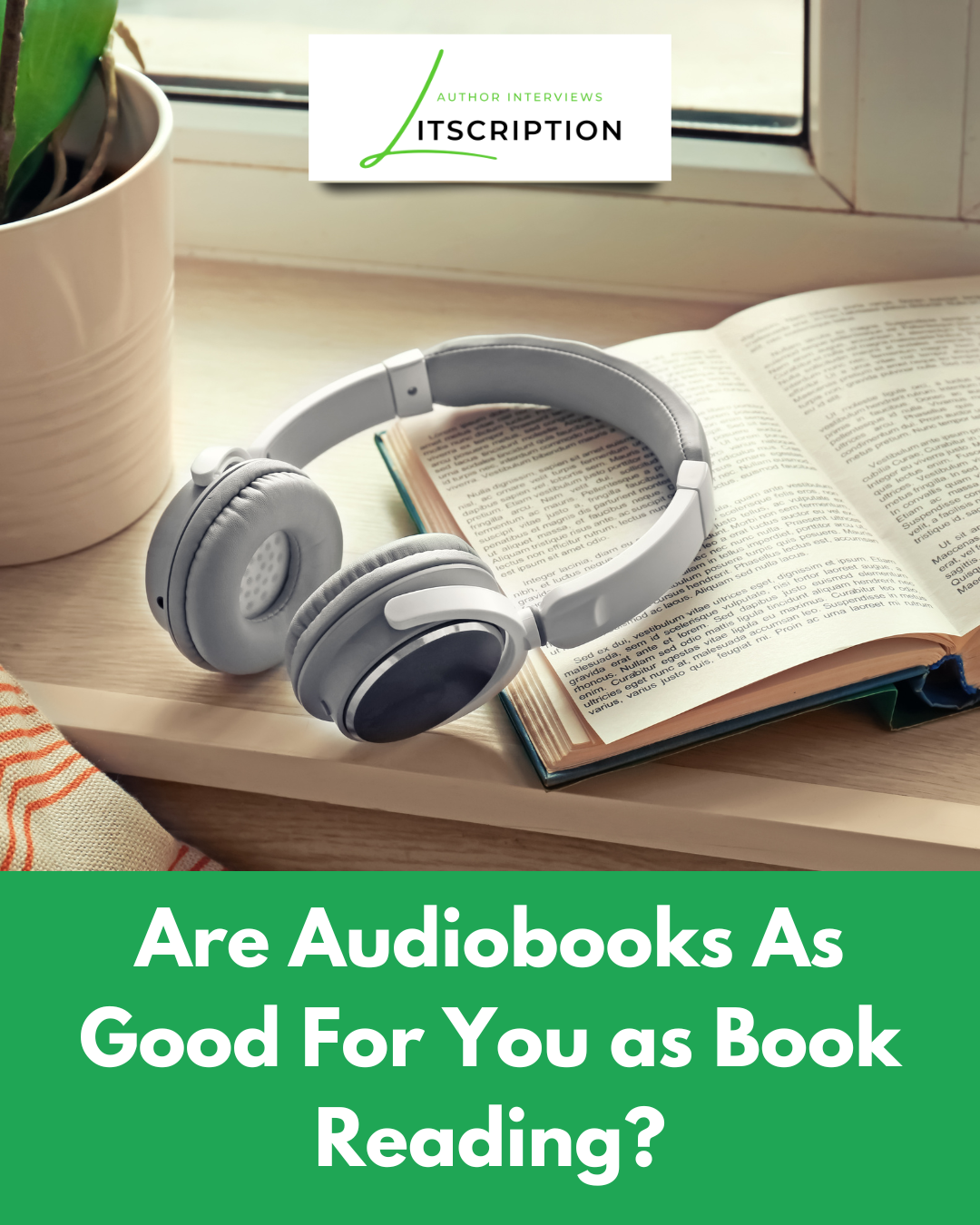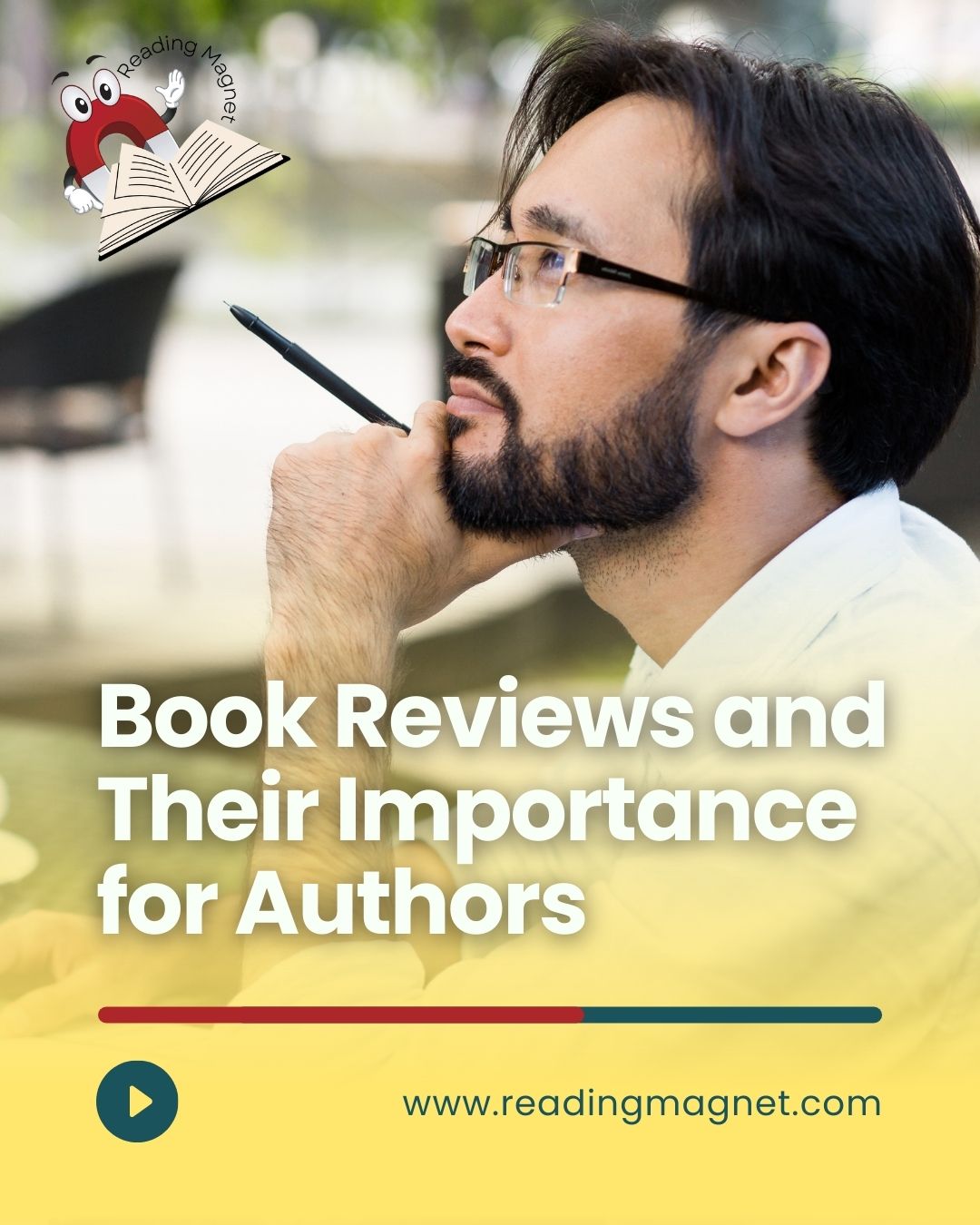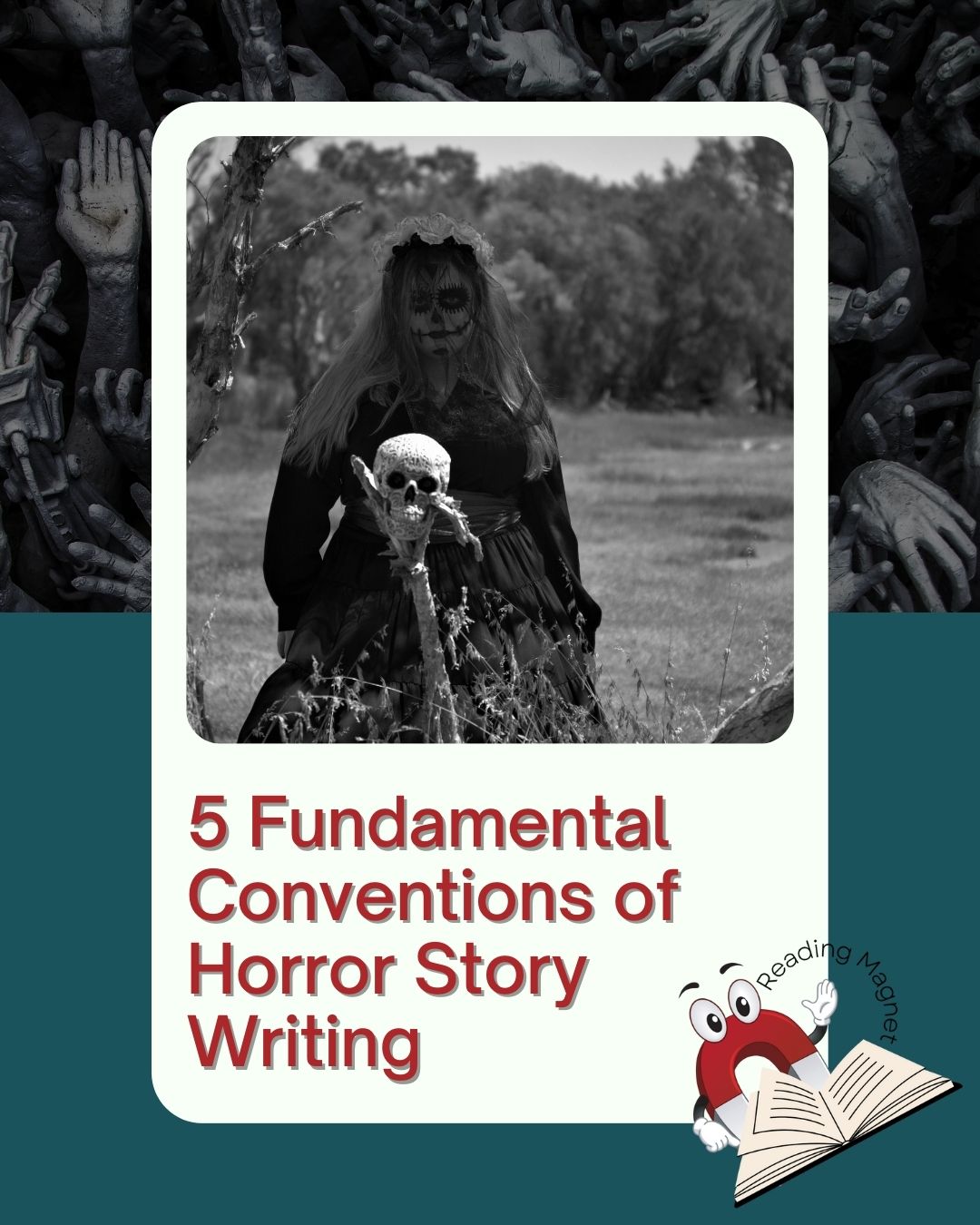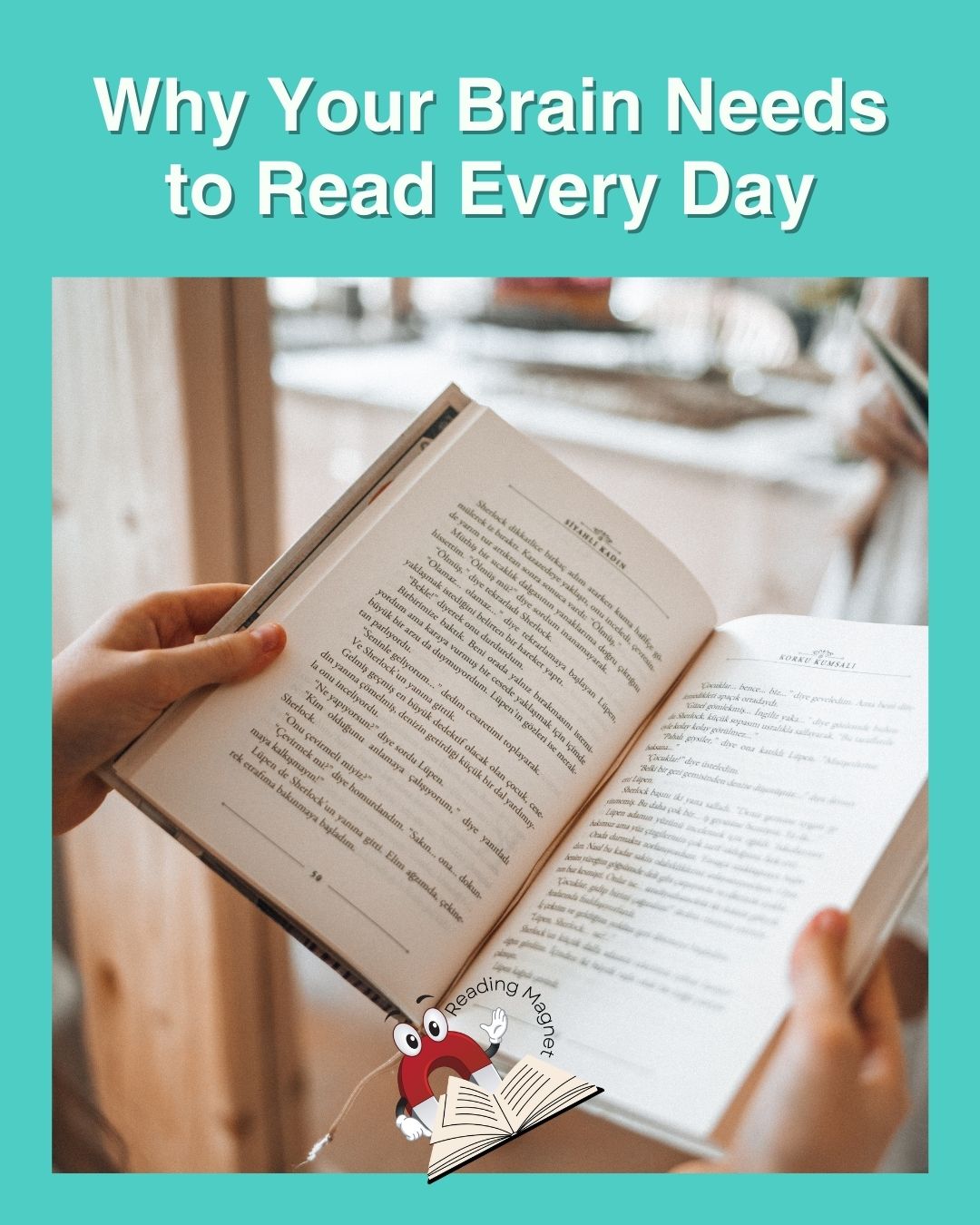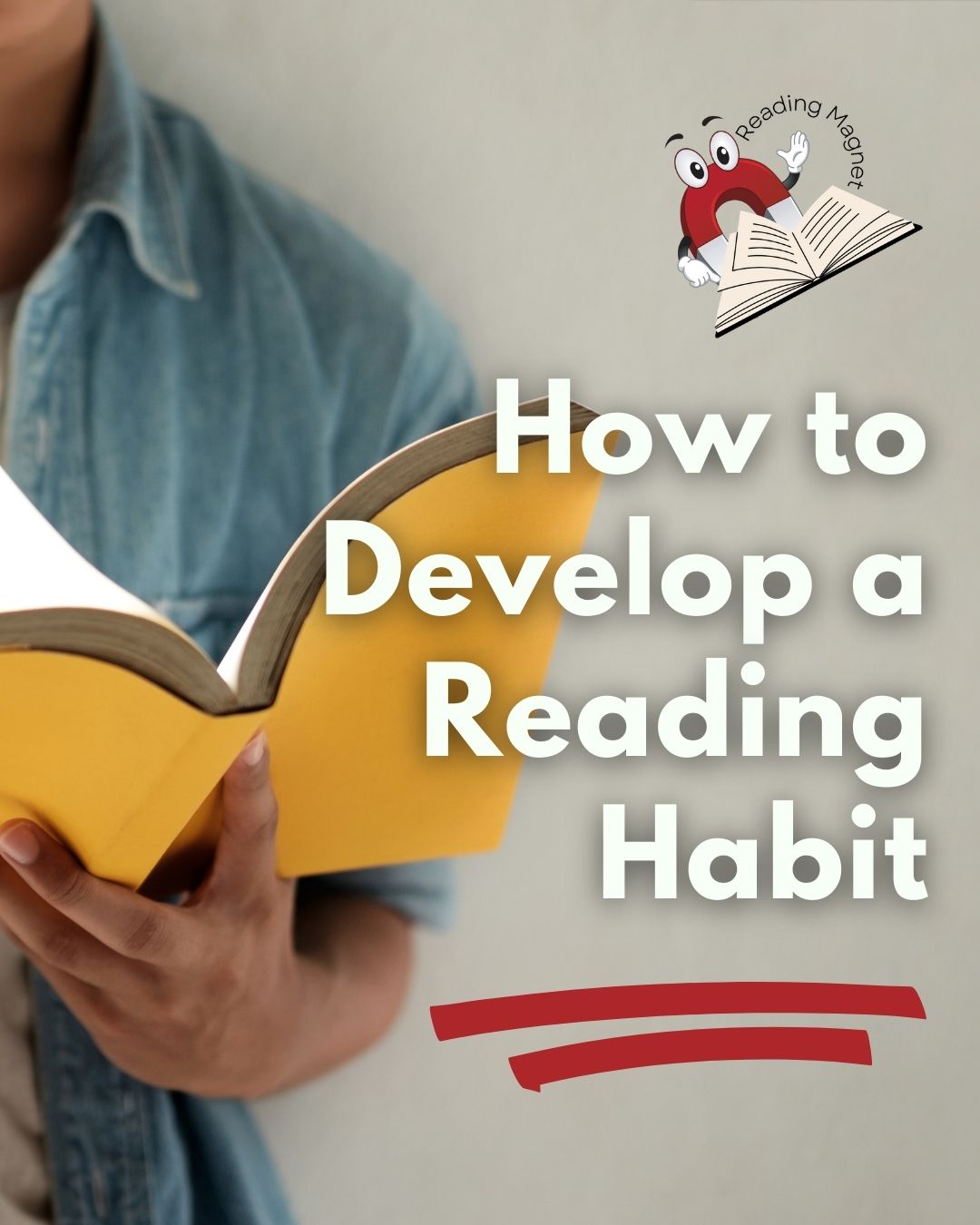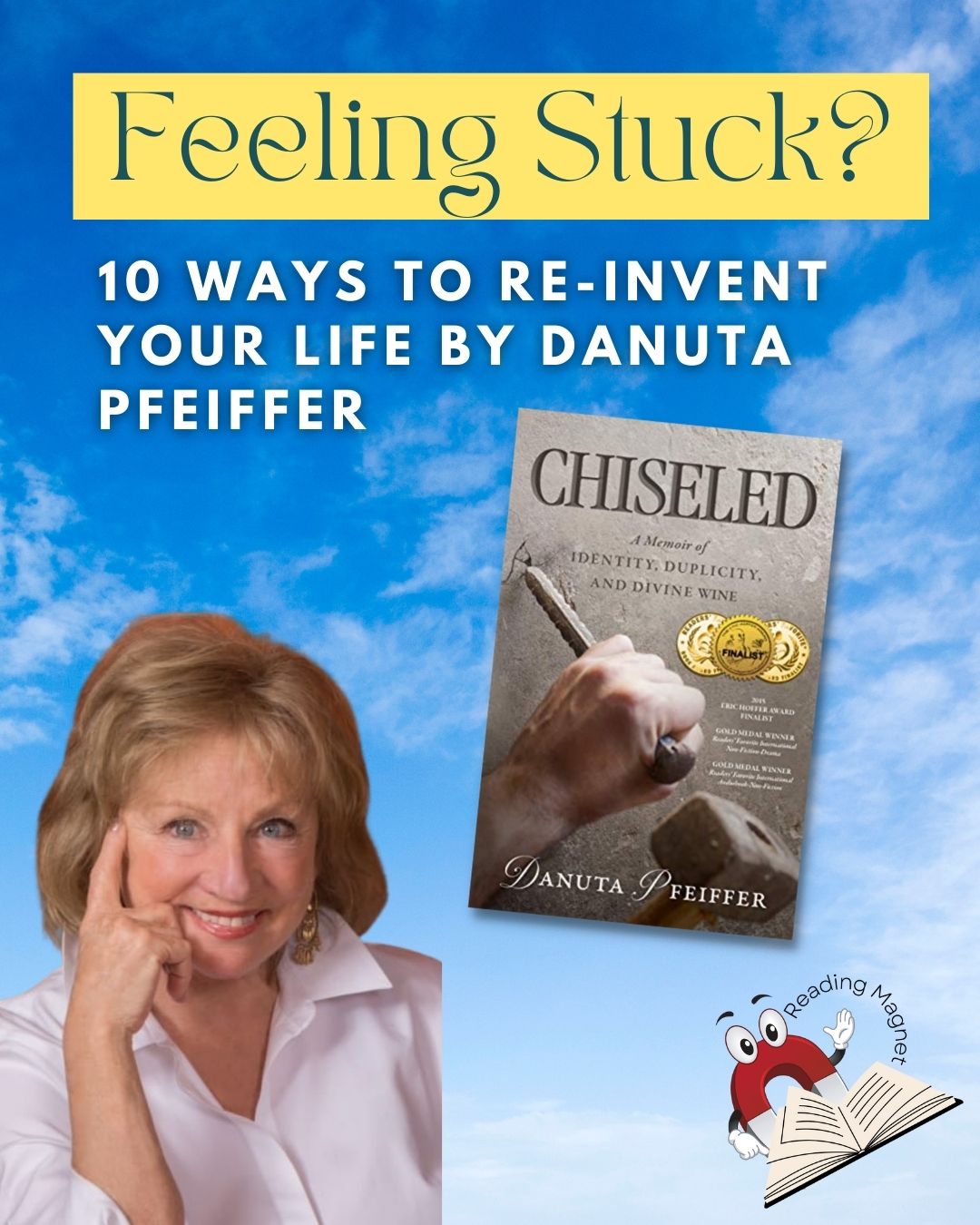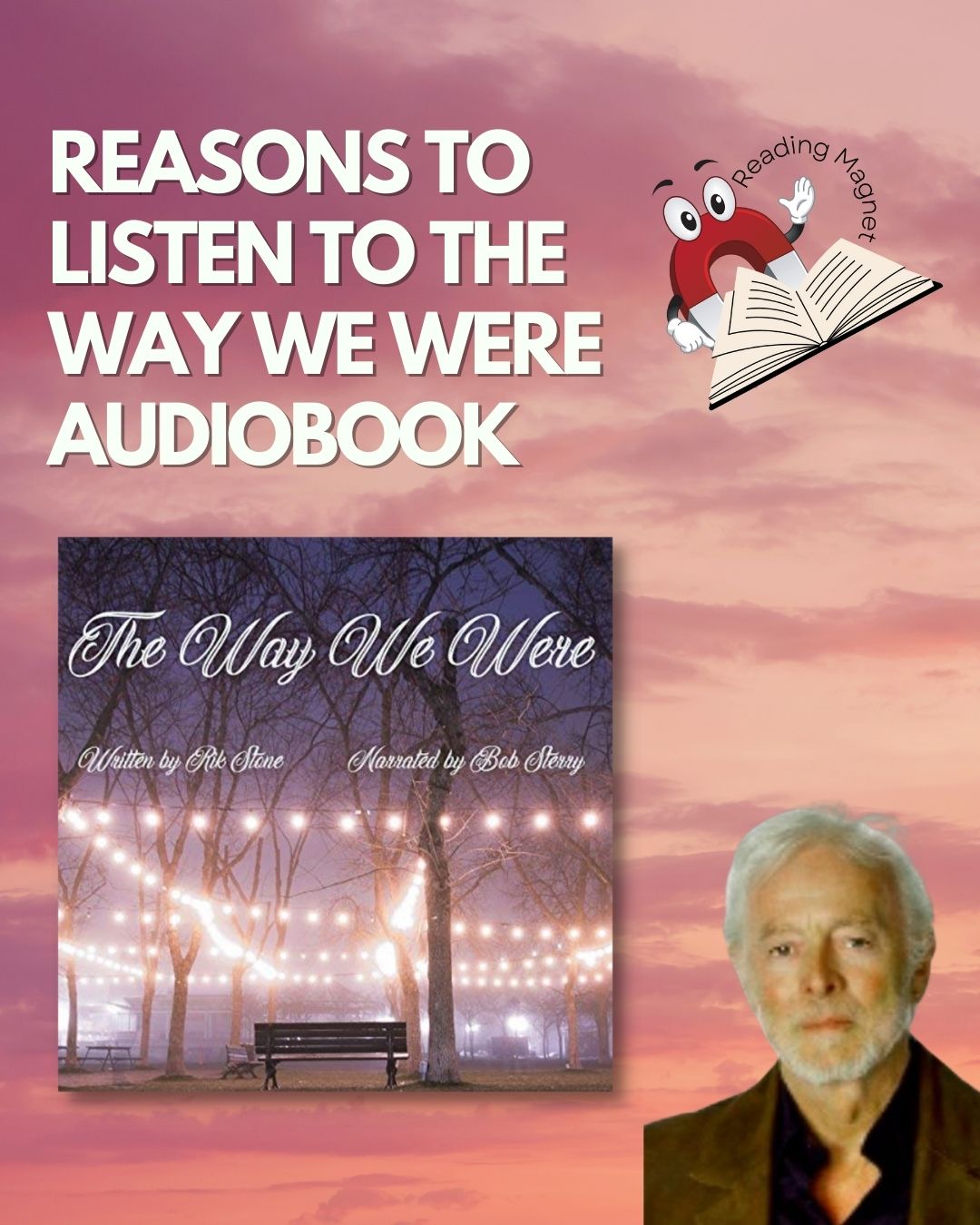C. N. Sky, a former US Army Intelligence officer with a background in political science, delves into the realm of fiction through the compelling series Toxic Sphere. These books encapsulate genuine societal concerns, offering a fictional lens on pressing real-world issues. The narrative serves as a cautionary tale, painting a vivid portrayal of the potential consequences should our freedoms and planet remain unguarded. Garnering multiple book awards, these first two volumes stand testament to Sky’s storytelling prowess. Today, we delve into a conversation with C. N. Sky, exploring the inspiration behind these impactful books and their underlying themes.
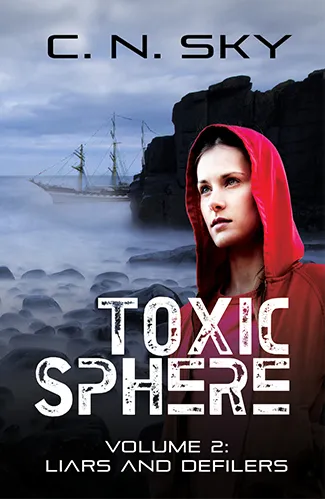 What’s one of your favorite quotes from your books?
What’s one of your favorite quotes from your books?
This is a quote from my second book: “When a rich man looks out his window, he admires the luxuries that wealth has bestowed upon him. If a poor man is lucky enough to have a window, he sees grimy walls, dirty streets, and all manner of disease and decay. Most of all, the poor man is denied the privilege of seeing hope.”
As a child, what did you want to do when you grew up?
As a child, I saw a movie about Bonnie and Clyde. I also loved an old country song about the lives of these outlaws. My first memory of what I wanted to be when I grew up was a bank robber, but the good kind. I wanted to be like Robin Hood and give money to the poor.
When did you write your first book and how old were you?
I wrote my first book at age six. It was about an ant family.
How did you begin writing? Did you intend to become an author, or do you have specific reasons for writing each book?
I was in grade school when I declared to my mother that my goal in life was to be an author.
I grew up in rural Northern Idaho. My school was located near a forest and farm fields. A row of bushes separated the school grounds from the neighboring properties. At recess, I’d sneak away, hide in the shrubs, and write. A small ant hill appeared in one of my favorite spots. The little critters inspired my first short story. Many stories and poems followed. I was well into my fifties, however, when I finally published my first book.
What would you say is your interesting writing quirk?
I love to record my story as I read it out loud. Then, a week or so later, I listen to the recording. This process helps me find awkward passages that I otherwise would miss. However, if someone catches me in the act of reading and recording, it can be quite embarrassing. Sometimes I get so “into it” that I forget to pay attention to my surroundings. Once, I caught myself mumbling in a Starbucks coffee shop. Did I ever get weird looks!
Do you like to create books for adults, youth and/or children? Why?
I write books for adults. I love to read kid’s books, however. They are fun, lighthearted, and often have strong, positive morals embedded in the story. I’ve considered writing a children’s book, but the visual art required would be daunting for me.
How many books have you written? Which is your favorite?
I’ve lost track of how many books I’ve written, but I’ve published two. I don’t have a favorite; all of them are my “children.”
How long does it take you to write a book?
It takes me about a year to complete a solid first draft. I then spend six months or so on refinements. If I didn’t have a “day job,” I suspect it would take me about half a year to complete the first draft.
Could you describe the mundane details of writing: How many hours a day to you devote to writing? Do you write a draft on paper or at a keyboard (typewriter or computer)?
These days, I write almost exclusively on a computer. I resort to writing on paper only if the computer battery dies or the electric power goes out. In fact, it takes me a while to “get into the swing” of writing by hand. I write just about every day. If I don’t, I feel stressed. The desire to write calls to me; I sometimes can’t relax until I spill out what I need to say.
What does your family think of your writing?
I’ve run into a really mixed bag of reactions. Several relatives think writing is a total waste of time. They don’t understand why I do it. Some have no interest at all in my work. If I bring up the subject, they’ll roll their eyes or look at me like I’m from Pluto. Others love that I write. A few family members love my books and actively ask me how things are going with my latest work. Three family members have told me that I’ve inspired them to become authors themselves.
What do you like to do when you’re not writing?
I love to listen to music, dance, hike, take photos, and spend time relaxing in the wilderness. I’m also very fond of eating!
What do you think makes a good story?
Personally, I like stories that come from the author’s heart. I suppose great writers can fake it, but most of us can’t. When passion is missing, the story lacks luster. Another element is polish. I’ve read several self-published books that were filled with awesome ideas and potential, but I felt as if the author left the work unfinished. Some people probably can create a solid book in only a few drafts, but most of us must keep hammering at it over and over until the words flow smoothly. It’s kind of sad because some of those books could’ve really been spectacular with a few more rounds of hardcore editing.
What was one of the most surprising things you learned in creating/writing your books?
I didn’t think that the editing and polishing processes would take so long!
What authors do you like to read? What books have had a strong influence on you or your writing?
I love non-fiction, especially books about nature, the environment, history, archeology, and warfare. On the fiction side, Tom Clancy, George Orwell, J. R. R. Tolkien, and George R. R. Martin are among my favorite authors.
Do you hear from your readers much? What kinds of things do they say?
Most people ask about the next book. Many want to know when the next one is going to be published. Some pry for information about events in future books. One of my friends is very concerned about my lead character finding true love.
Where do you get your information or ideas for your books?
Most of the time, ideas find me. I read history and keep up on the news, so I have no shortage of story lines. Writing is my hobby, not a job, so I’m not under pressure to produce my next work. I think if an author is passionate and feels he or she has something important to say, the ideas come on their own.
Do you have any suggestions to help one become a better writer? If so, what are they?
Write every day, even if you can only squeeze in five minutes. Also, take the time to edit your work thoroughly. Read it out loud even if people think you’re crazy. Don’t be afraid to rework whole sections. If you think a section needs work, change it. If something doesn’t feel right, it probably does need to be spruced up.
Do you meet your readers at book signings, conventions, or similar events?
I have not participated in events such as book signings. So far, my readers are people I already know or those who purchased my book online.
Tell us about your most recent book?
My most recent book is the second installment in the Toxic Sphere series. It is called Toxic Sphere, Volume 2: Liars and Defilers. The first book laid the groundwork for the series. In the second book, bad guys consolidate power, so the action escalates. My main character takes her first steps in finding the courage she needs to resist, even fight, the growing evil rising in the world.
What’s more important: characters or plot?
A third element is even more important than characters or plot; the author must have something earth-shattering to say. Without having something to say, there’s no story. If the question is limited to character versus plot, both are equally important in fiction. When there is no plot, the characters have nowhere to go, no road to follow. If there is a plot but weak characters, nothing happens.
How do books get published?
If an author is willing to self-publish, getting published is easy, but costly. Be prepared to spend at least a thousand dollars for a basic package. For those who want to go down the traditional publishing path, be prepared for a long wait. Unless you have industry contacts or celebrity endorsements, it may take a long time for a literary agent or traditional publisher to accept your book. After writing your book, getting published is the second step, but not the last. Finding people who want to read your book is the next big challenge. It’s a great deal of work, but, in the end, worth the effort!
Do you write every single day?
Yes, even if it is just for a few minutes.
Ballpoint, uniball or fountain pen?
Keyboard 🙂
Any writing rituals?
My day job is very matter-of-fact; I’m a business analyst. If I have trouble switching into creative writing mode, I find that looking at pictures or listening to music helps, especially if the song and photo remind me of my story.
What’s the worst job you’ve had?
My very worst job was the one where my supervisor hated me. No exaggeration intended, I think she may have been a high-functioning sociopath. Past encounters with her help me develop attributes for the evil characters in my books.
Tell us some more about your books.
Toxic Sphere addresses real-world issues in a fictional setting. While the continents, nations, religions, and races of people are make-believe, the characters face the same problems we do: prejudice, greed, political radicalism, religious intolerance, and environmental degradation. The story paints a picture of what could happen if we as a society don’t protect our freedoms and our planet.
Are you planning to adapt any of your stories to the screen?
I think it would be really awesome to have my books made into movies. One Amazon reviewer of my first book wrote, “Please make this into a movie!” I have no idea how to do this, however.
How hard is it to establish and maintain a career in writing?
I imagine it would be difficult to make a living by writing fiction. It is rather like making a living as an actor or a professional athlete. A very, very, lucky few make it.
Any last thoughts for our readers?
Everyone has his or her own reasons for writing. Some of us write for ourselves only. Some write for a small circle of friends and family. For example, I know a lady who compiled information about her mother so future generations had insights into her life. Others write with the hope of reaching a public audience. There are many goals: achieving personal fame, entertaining others, helping others deal with difficulties, changing people’s minds about broader issues, or providing education. Some of us are compelled to write. The call of the written word keeps us awake at night. If you feel like writing, grab a keypad or pen and create.
Author Website
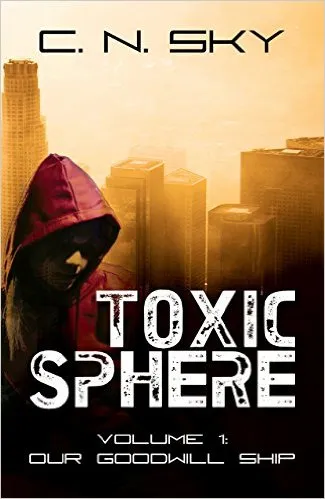 Start with Toxic Sphere, Volume 1
Start with Toxic Sphere, Volume 1
A package vanishes.
A ship sets sail.
A manhunt begins.
The year is 1007 EE, and four great powers—Cadona, Domataland, Sohn-Sur, and Visstel—are battling for world dominance.
Leeha Ritsagin is one of the seventeen billion humans caught up in the battle of the giants. She enjoys old movies, works hard, longs for a boyfriend, fears elevators, cares about the world, and is a wanted criminal. Her story begins on a drive across town, and while she worries about getting lost, the danger she faces doesn’t wait for her in the slums of Cadona City. Rather, it comes inside a simple paper bag that appears in the back seat of her old car. Powerful members of the Back-to-Basics Club launch a manhunt to catch the thief who stole their package at a time when Club leaders are primed to take control of the Cadonan government, start a war against fabricated enemies, and deploy the world’s most powerful weapon: Toxic Sphere.
In response to growing international peril, the rising nation of Domataland dispatches its Goodwill Ship to aid a threatened ally. When news of the package’s disappearance reaches the desk of Domataland’s president, he instructs his intelligence chief to find the thief, hoping to use the mysterious package against his Cadonan adversaries.
With Leeha’s life in danger, investigative journalist Bob Fullerby begins his own search to find the young woman before her hunters do.
